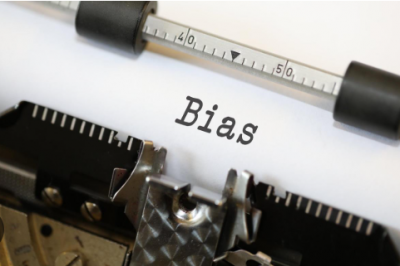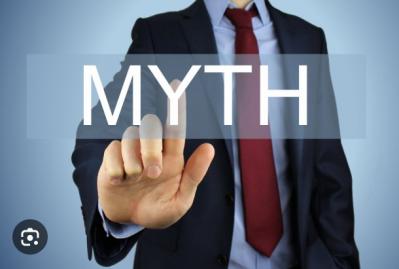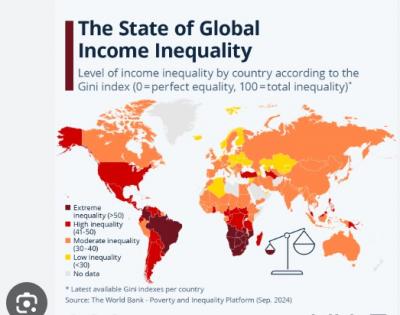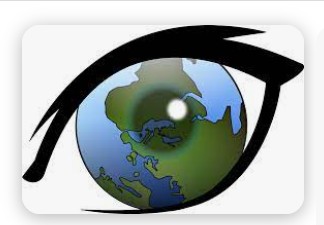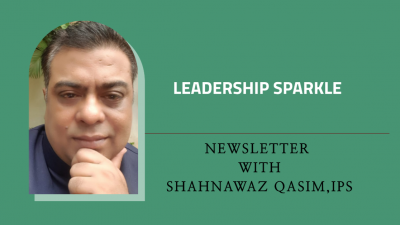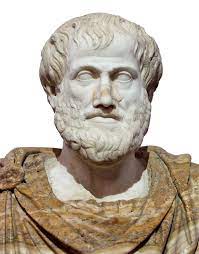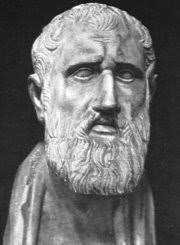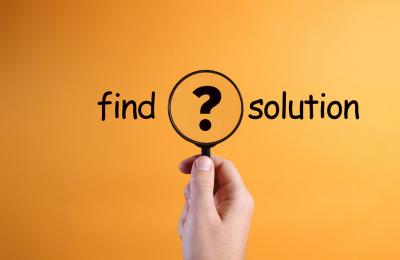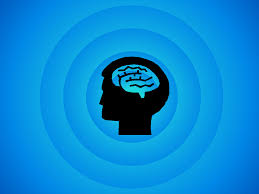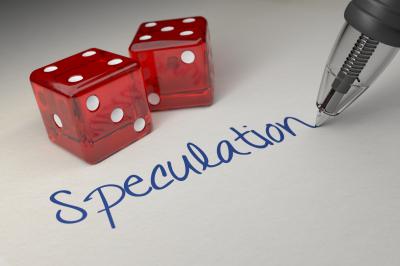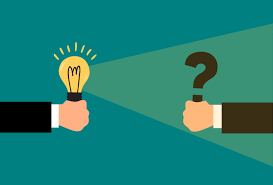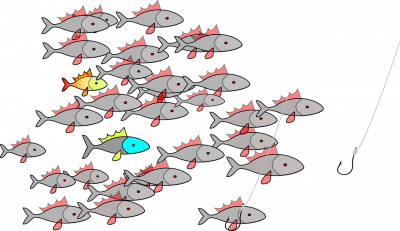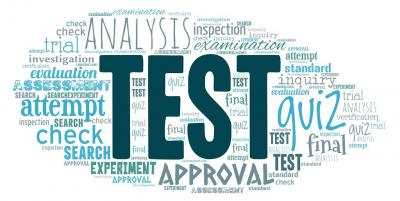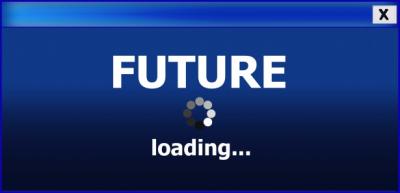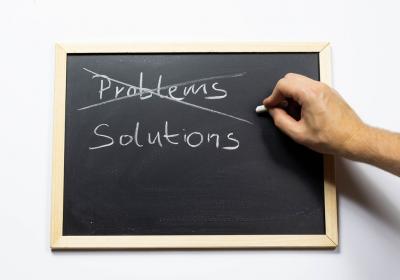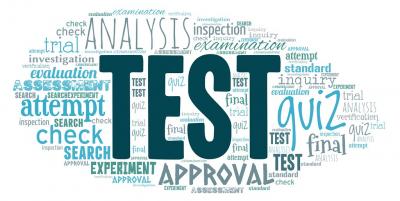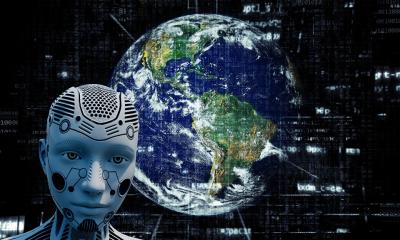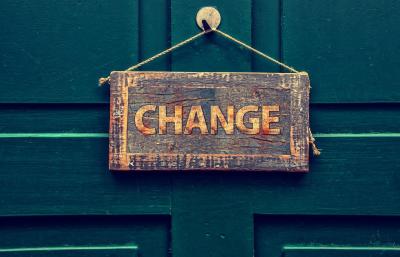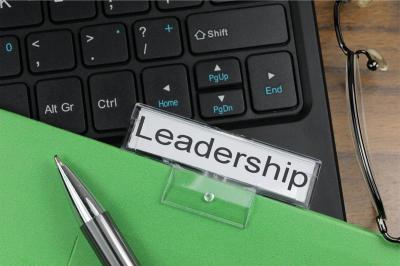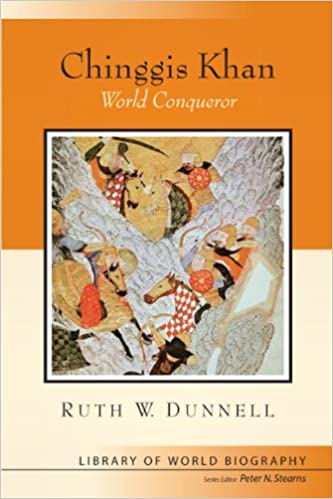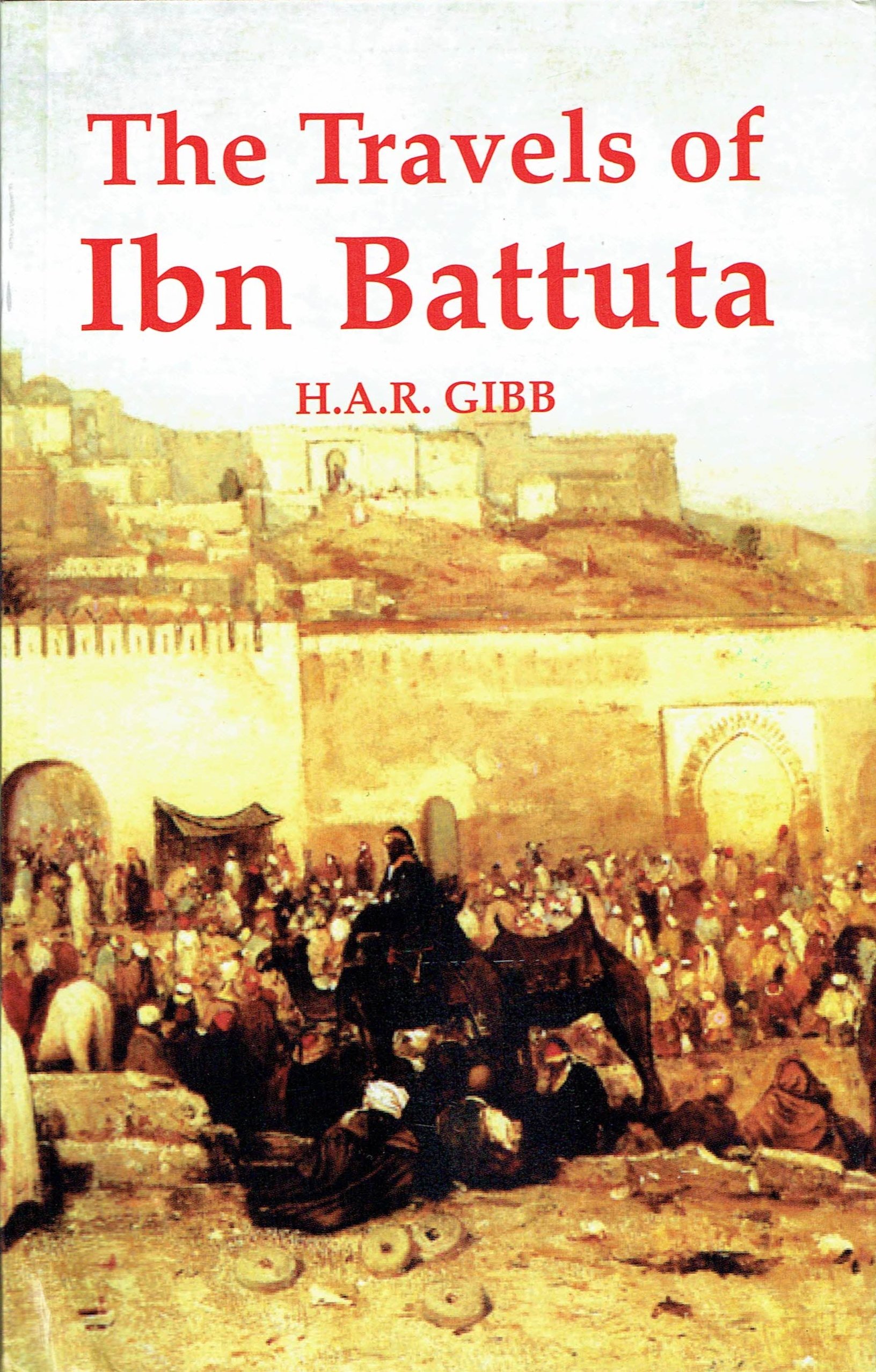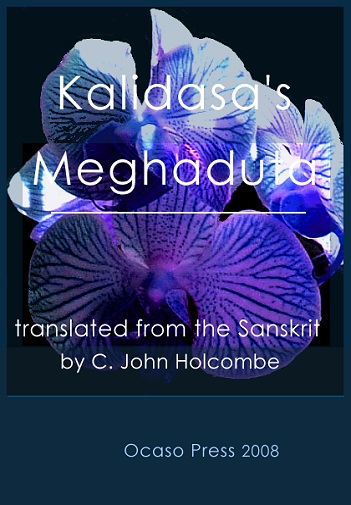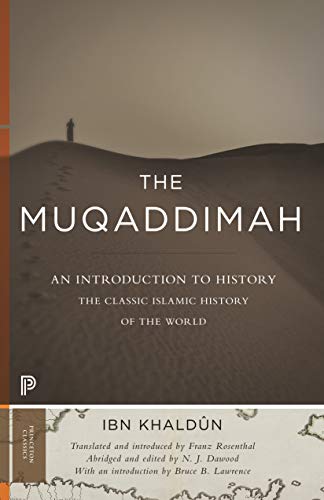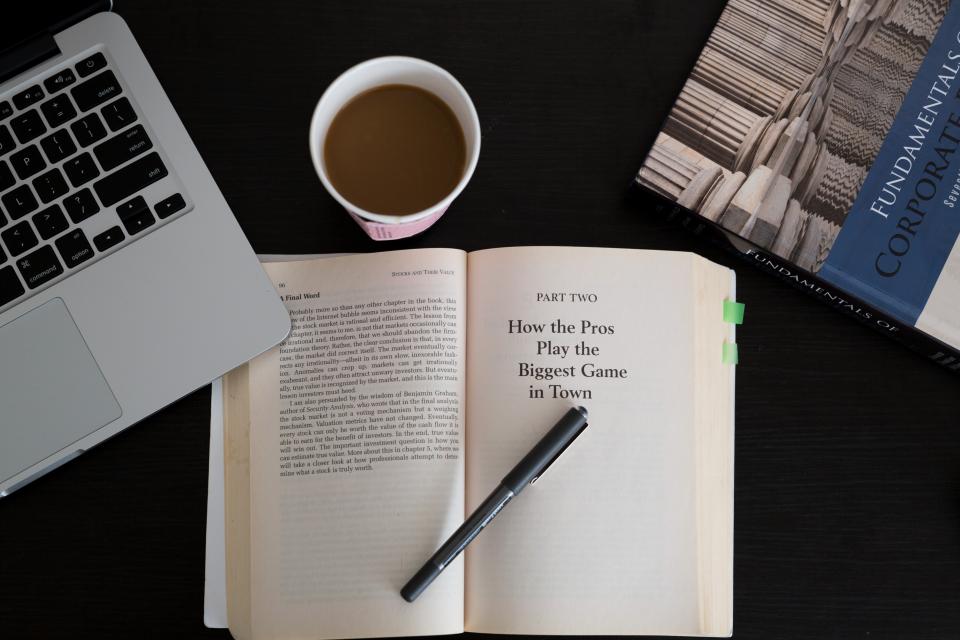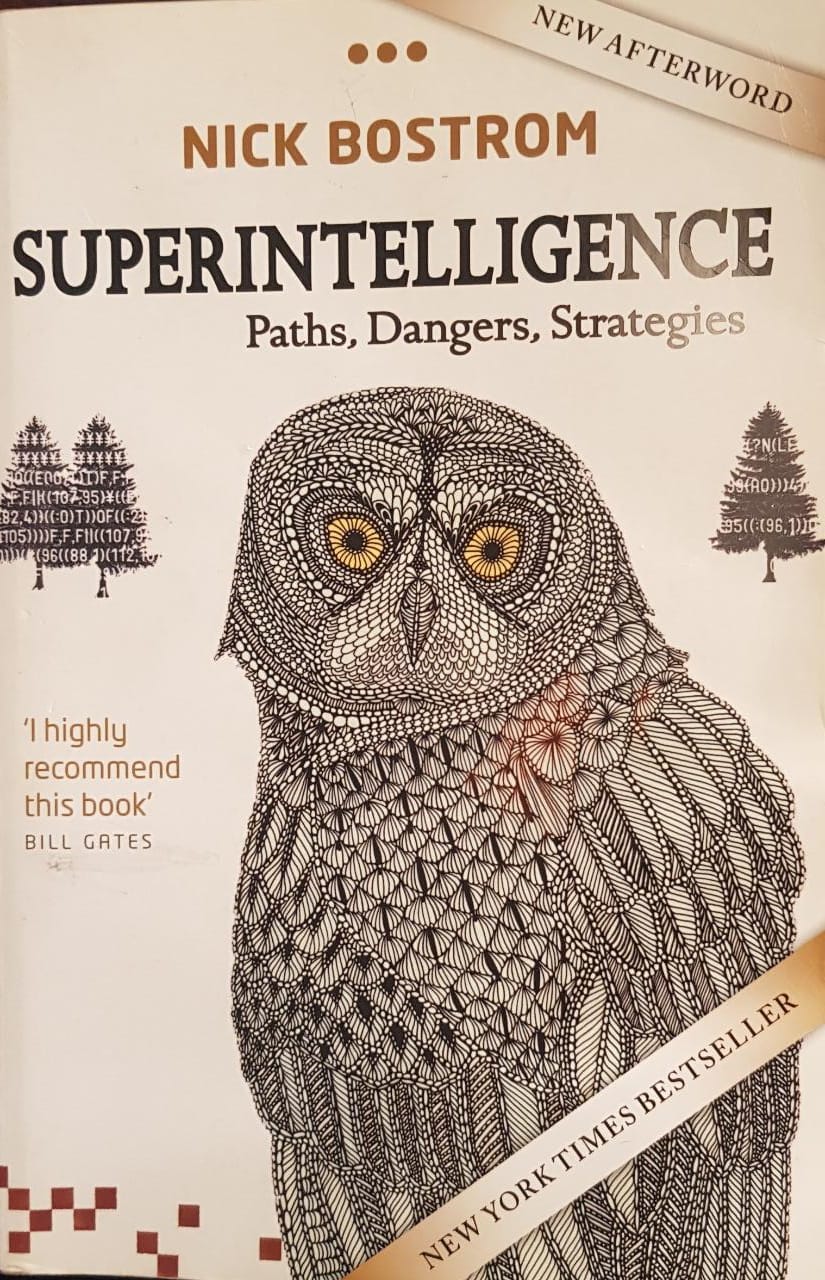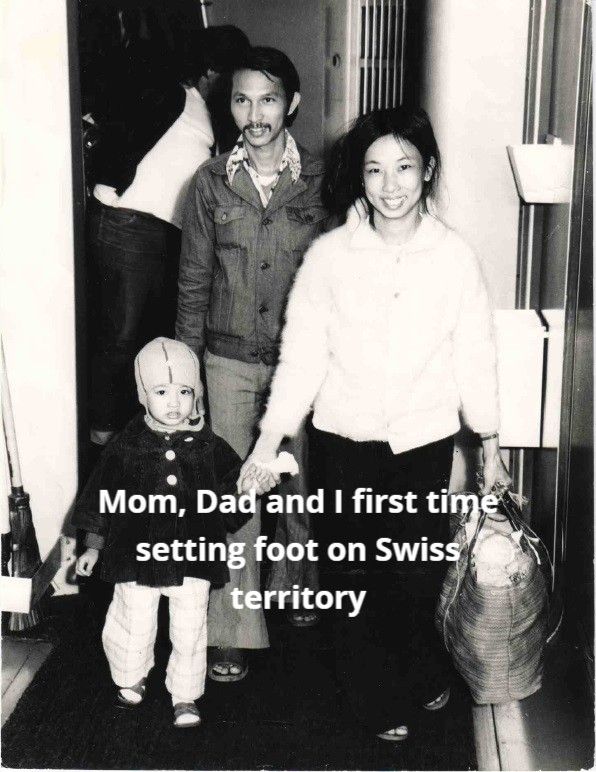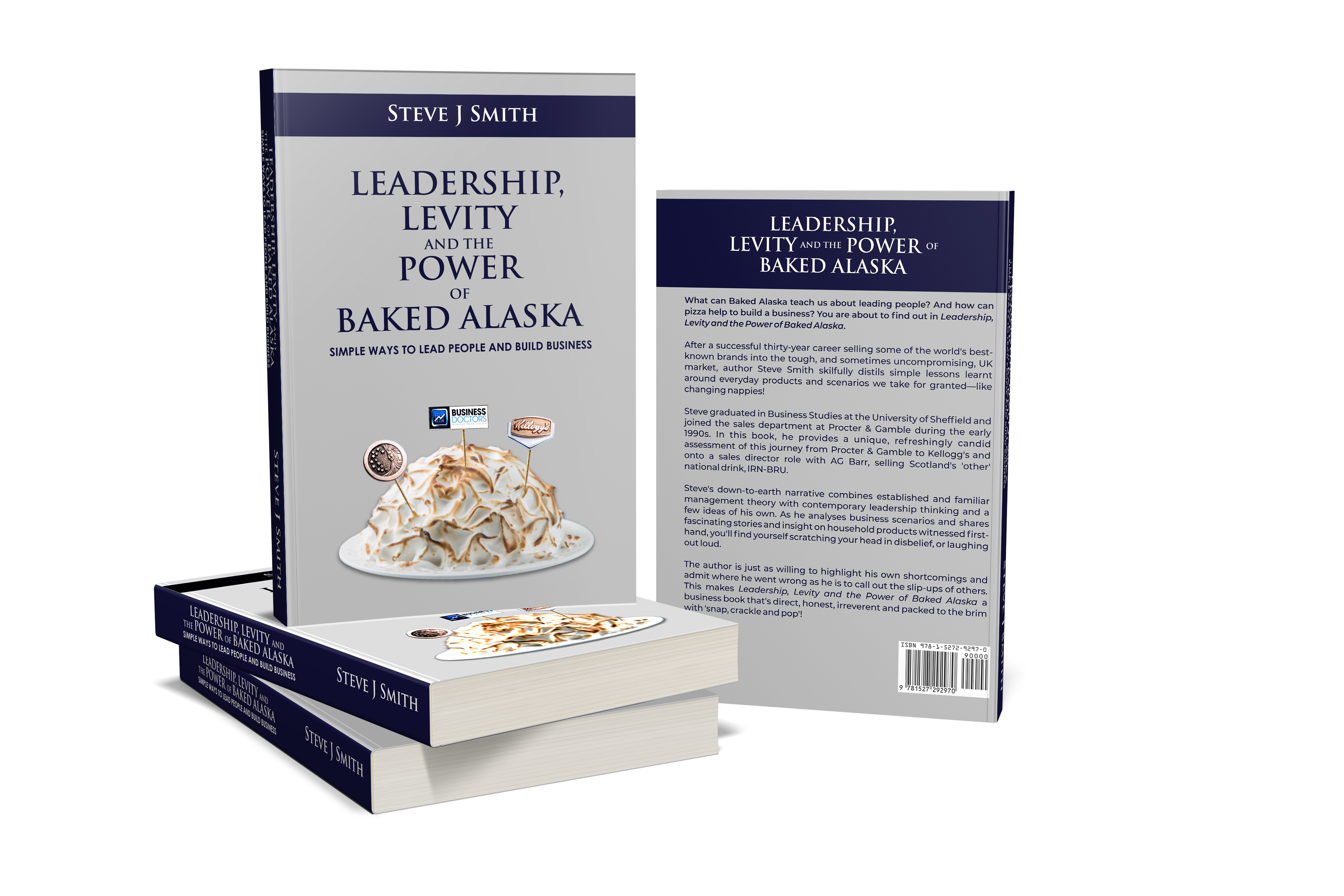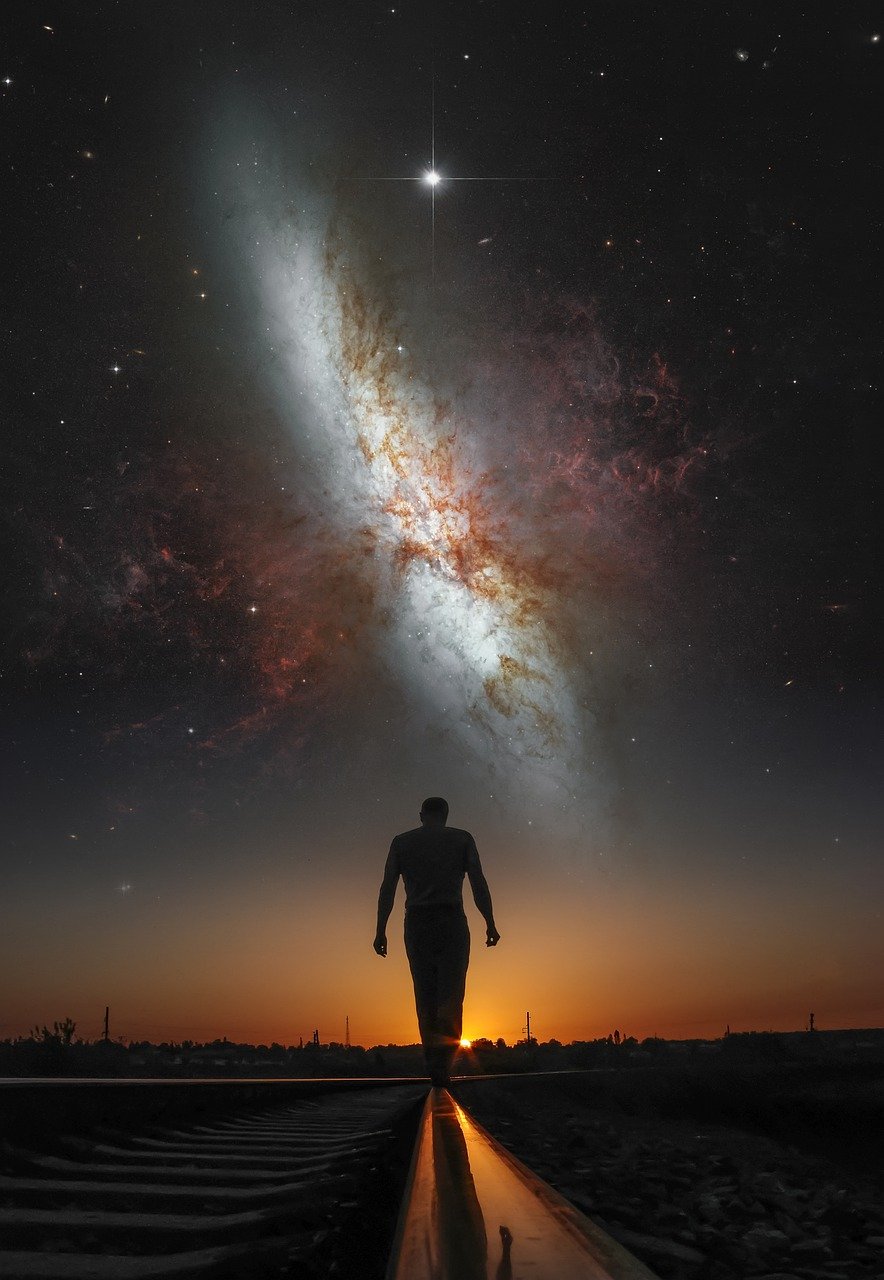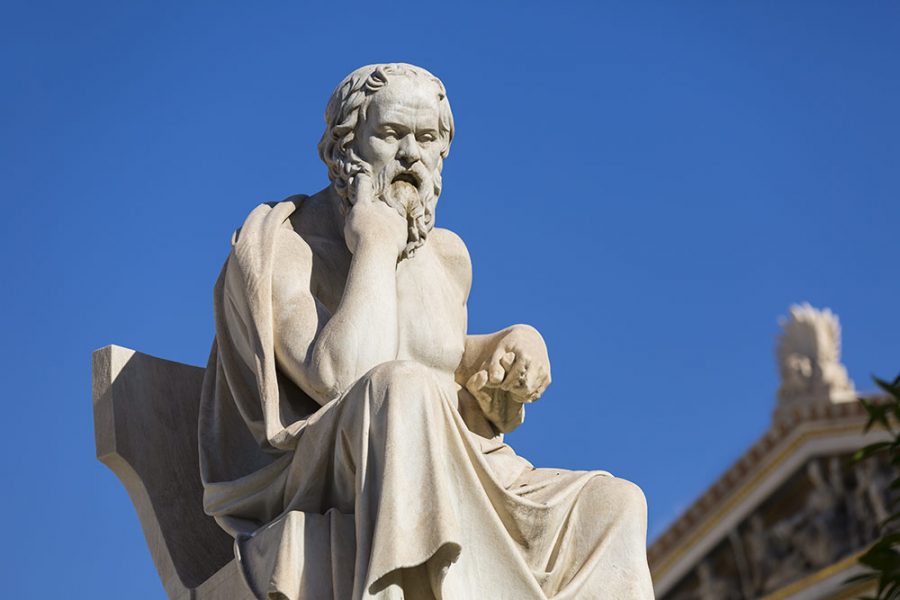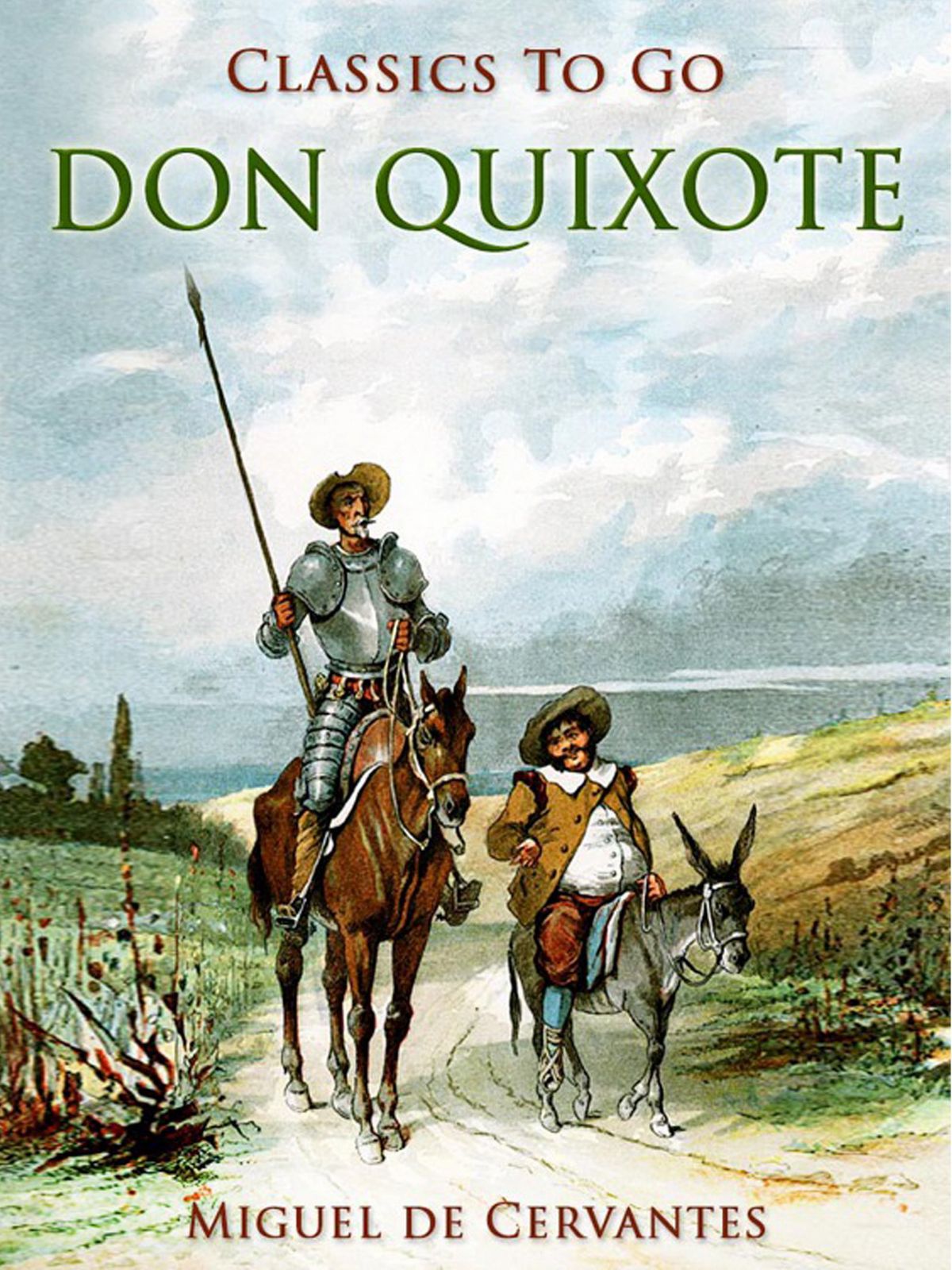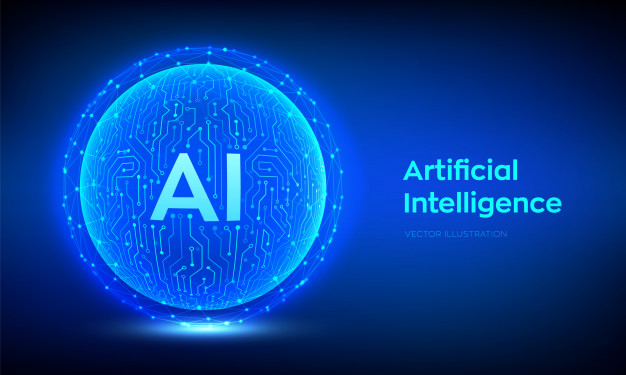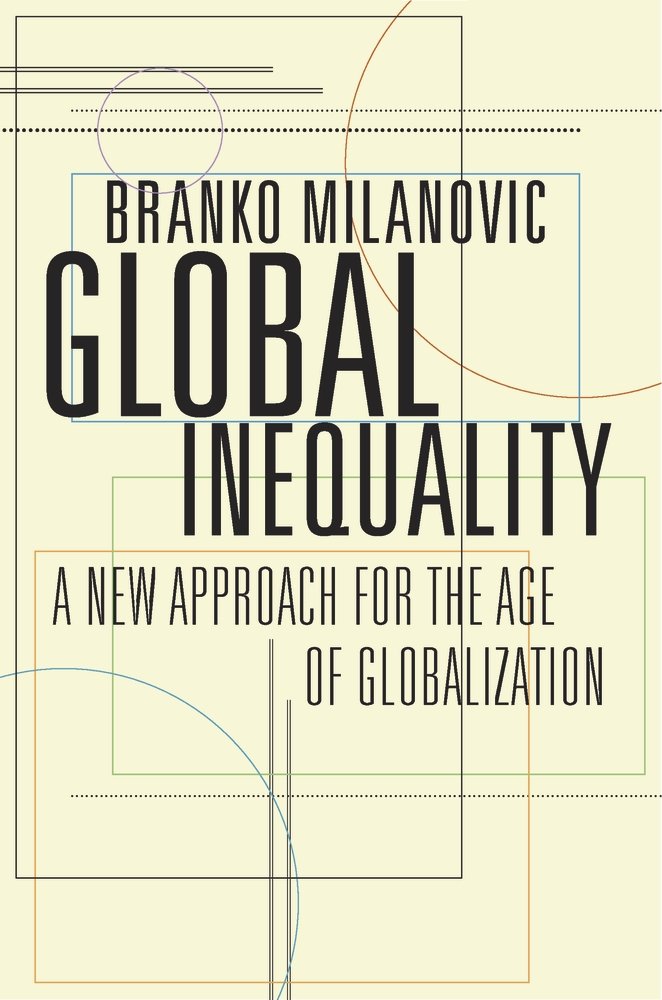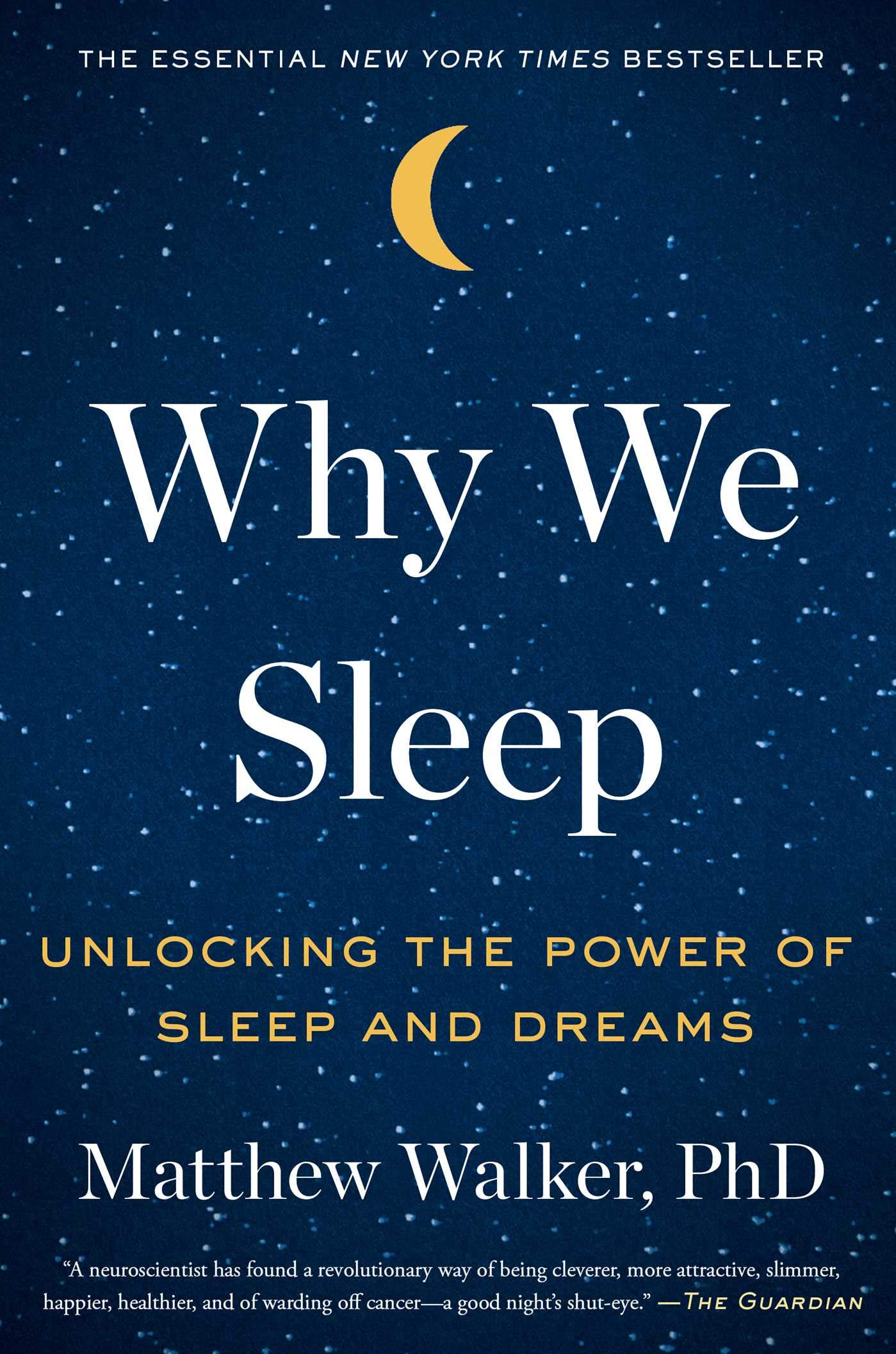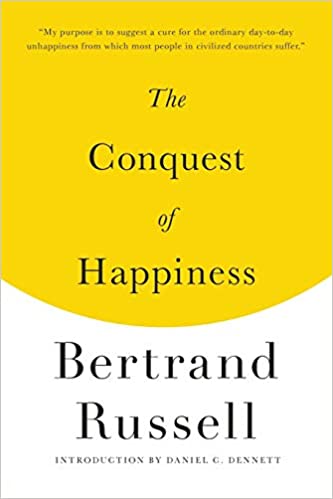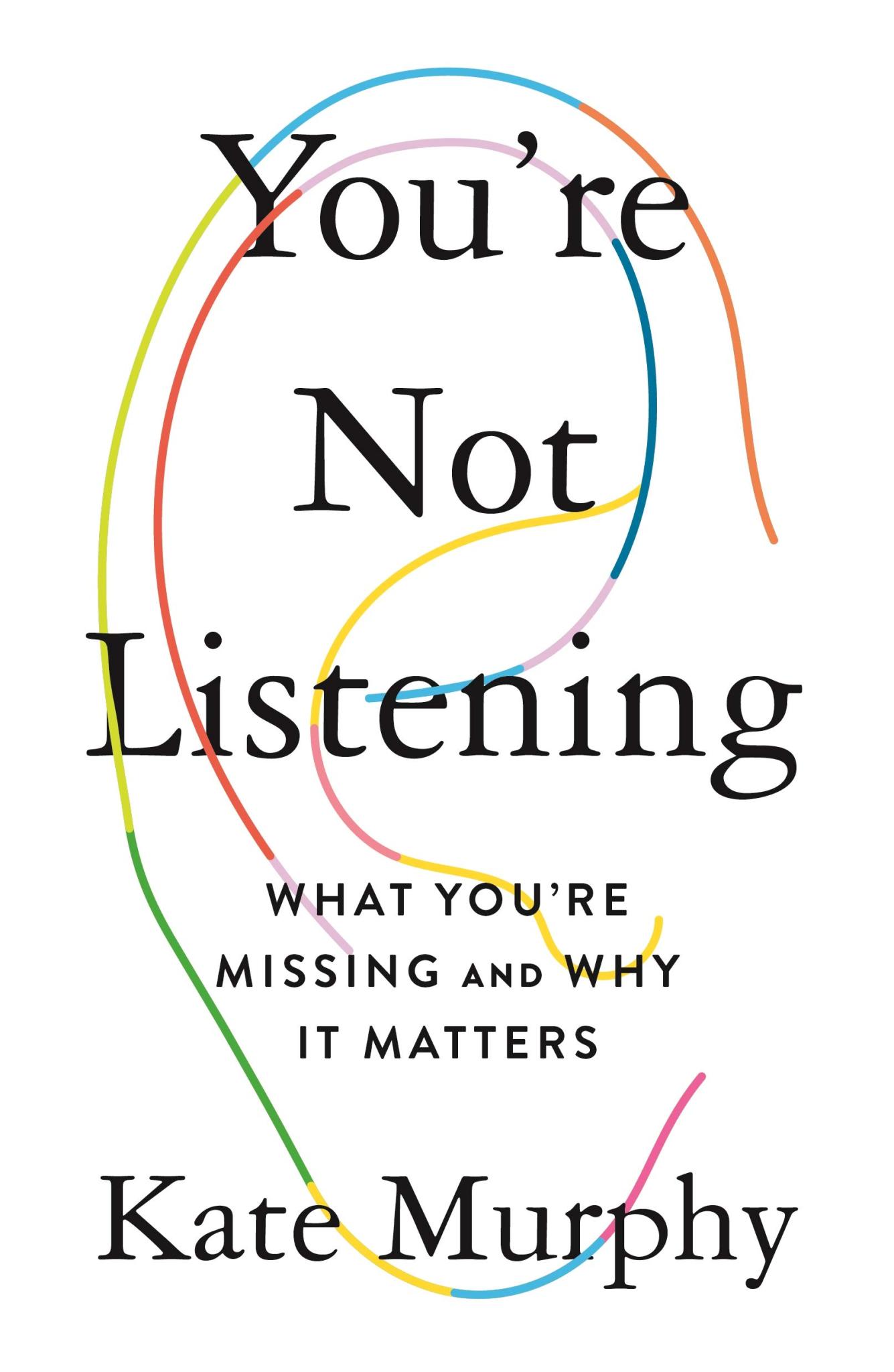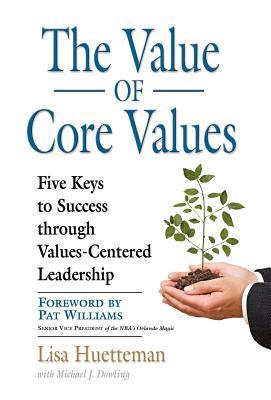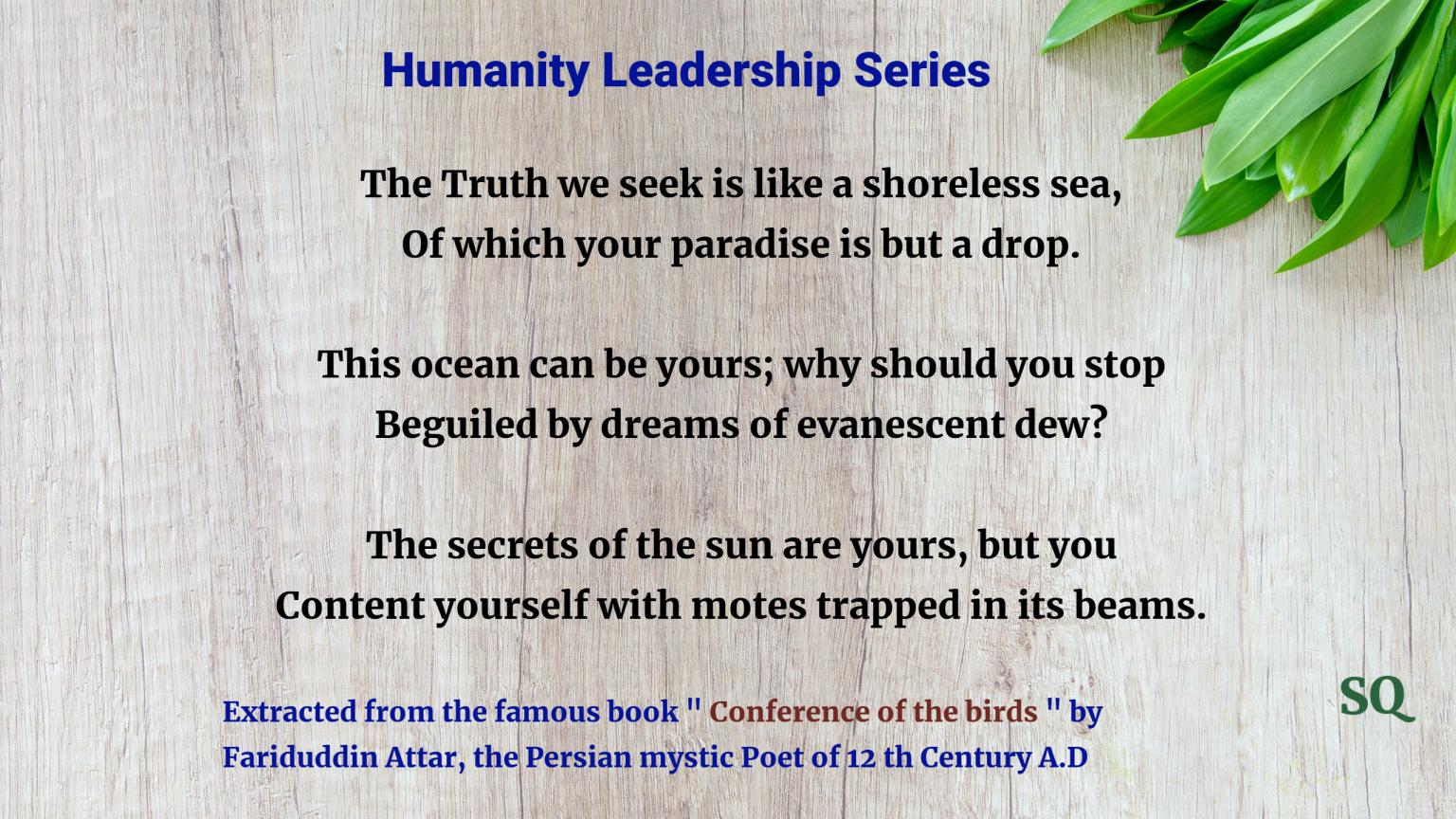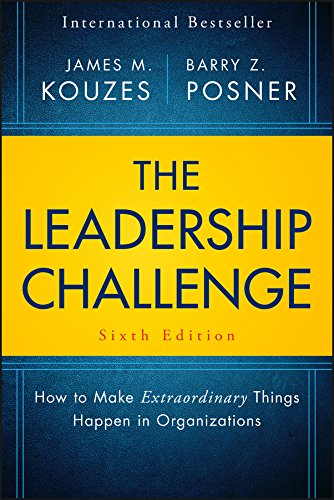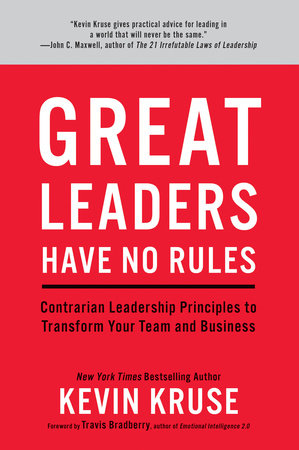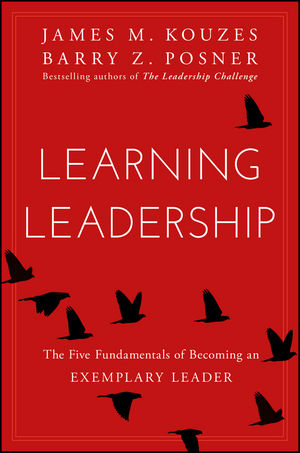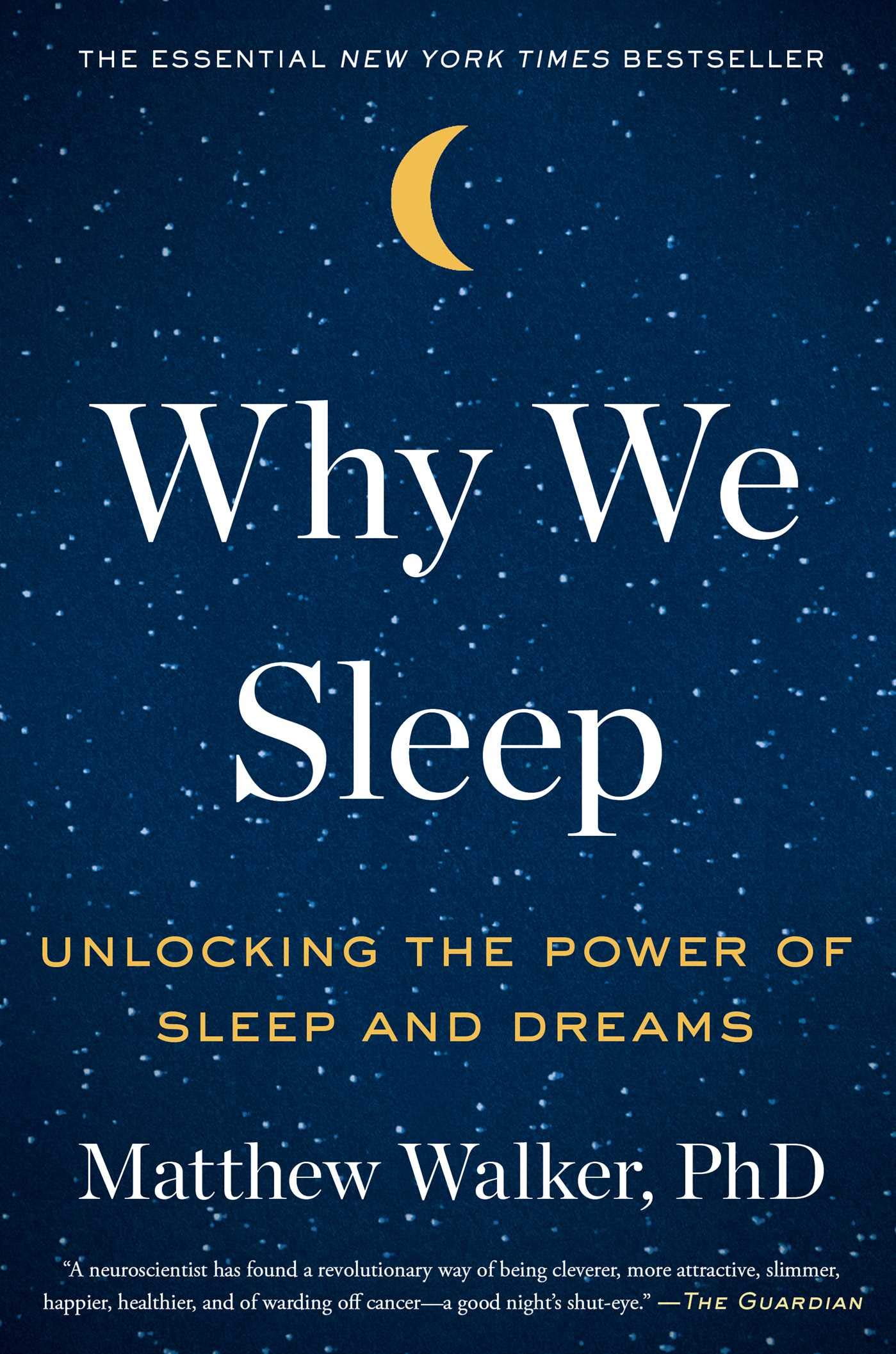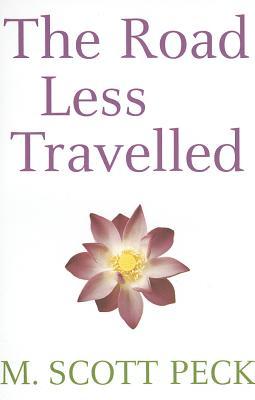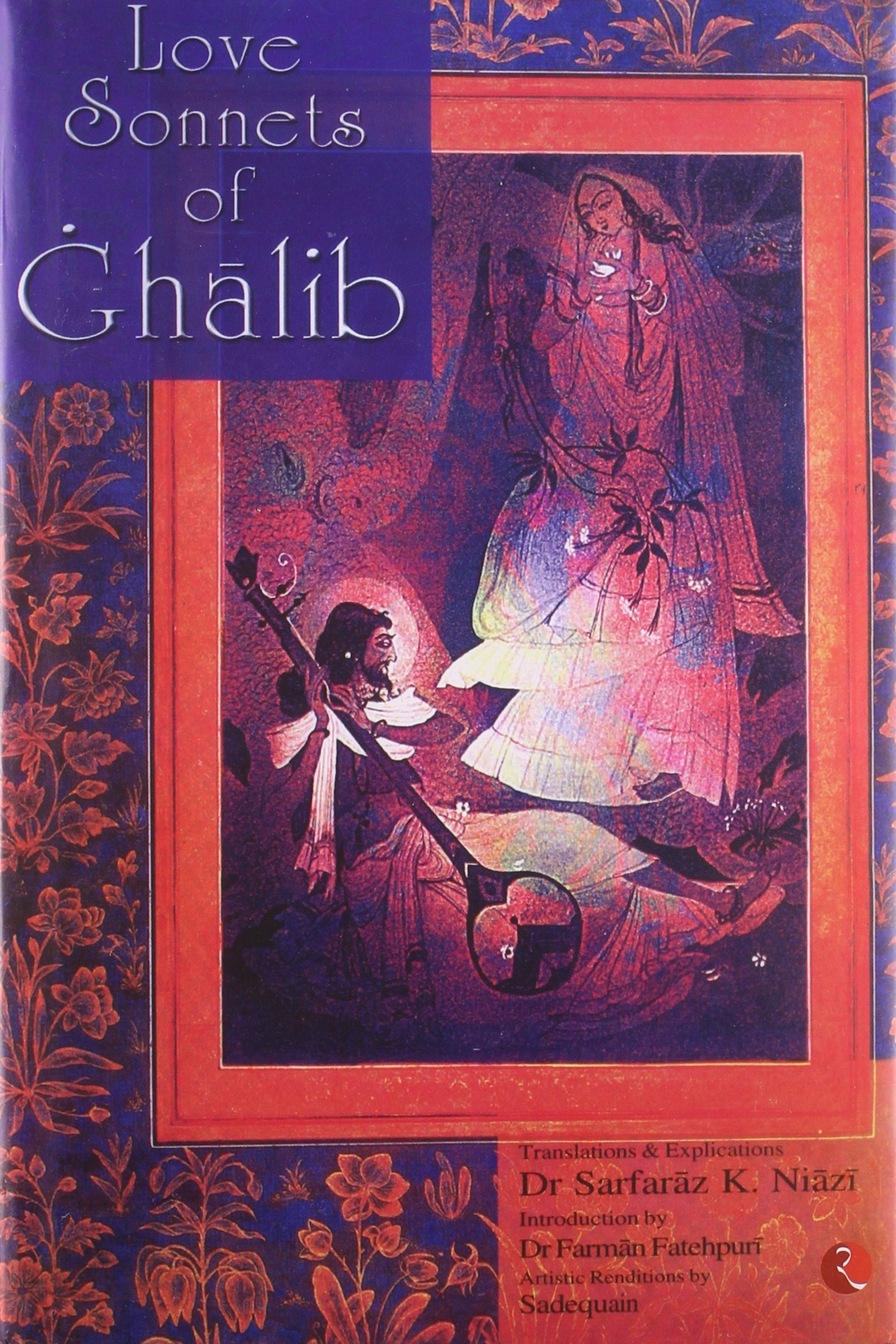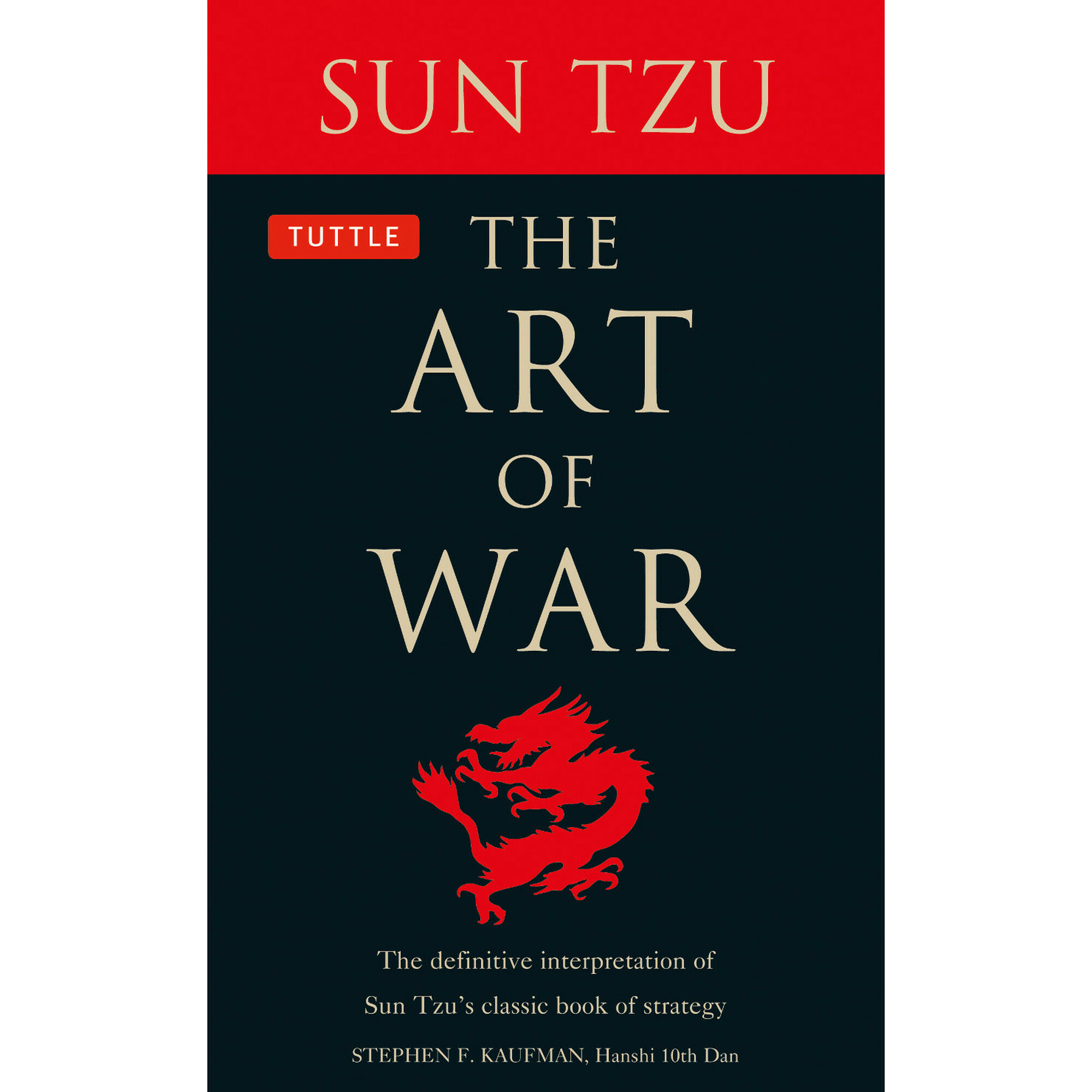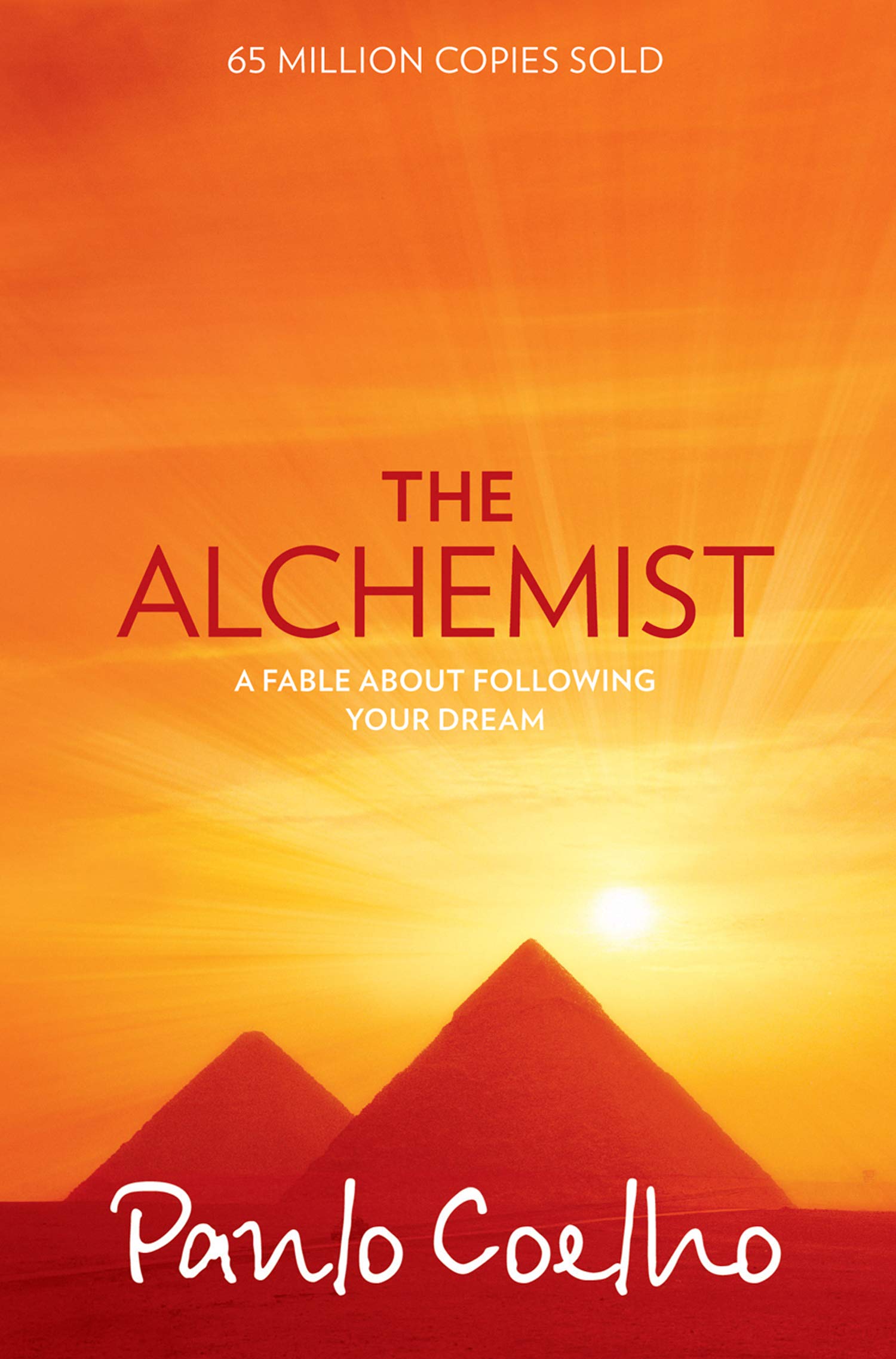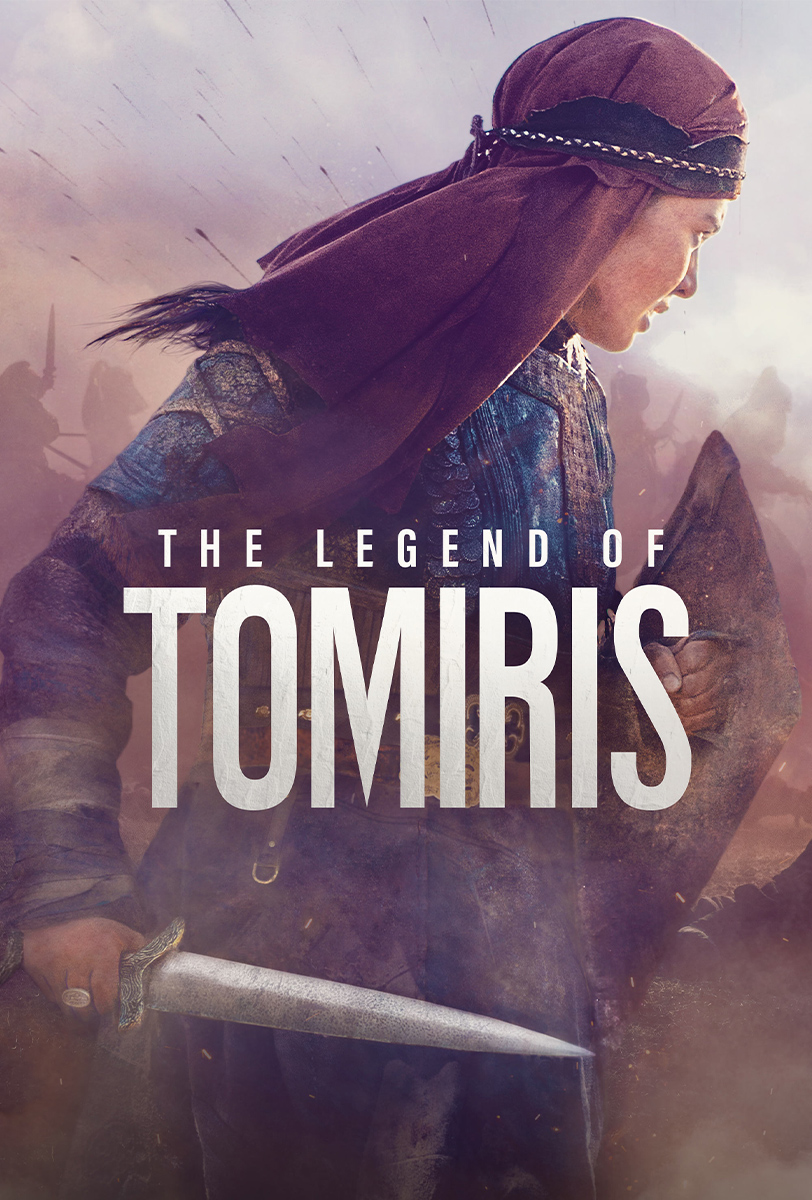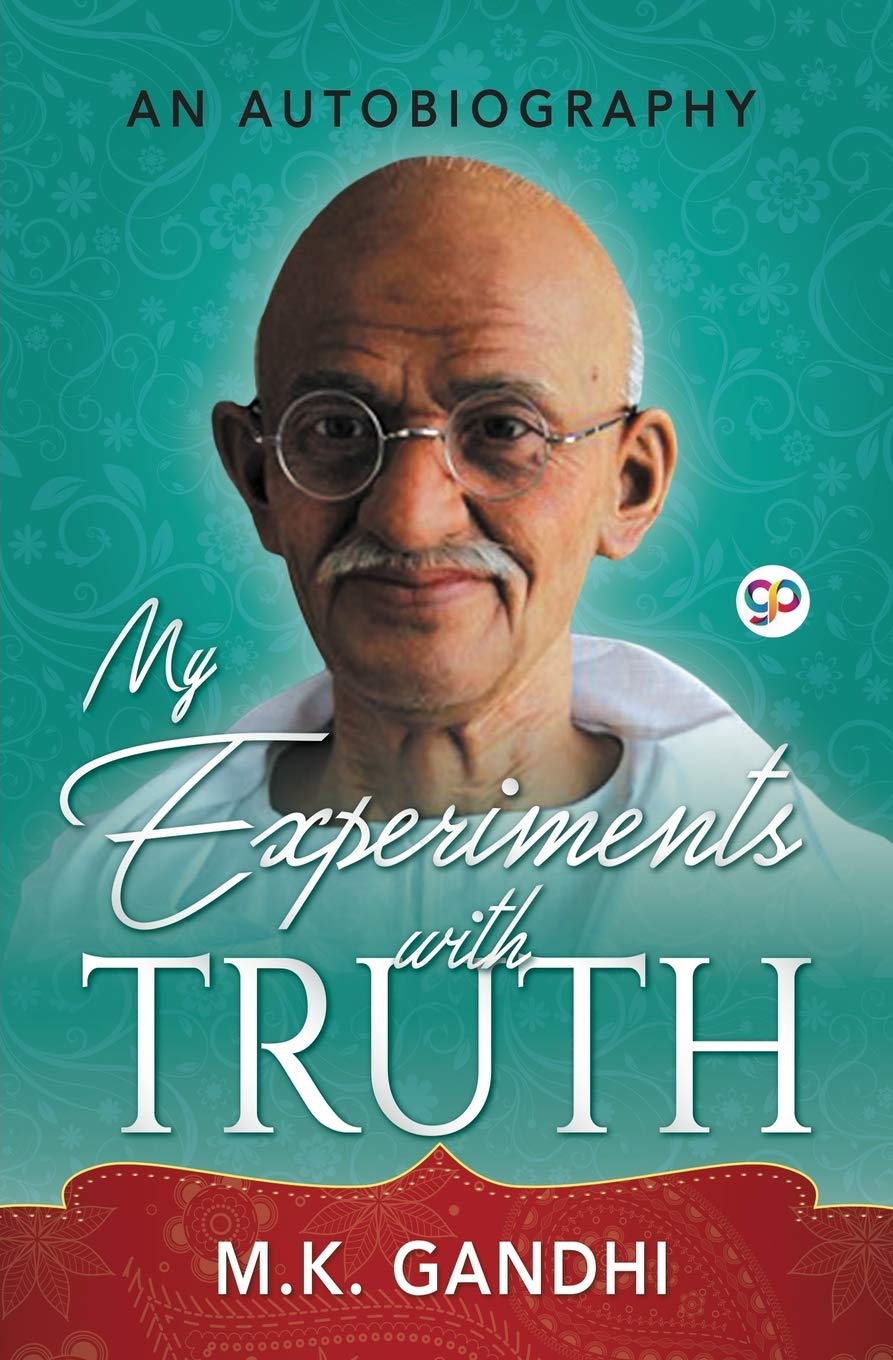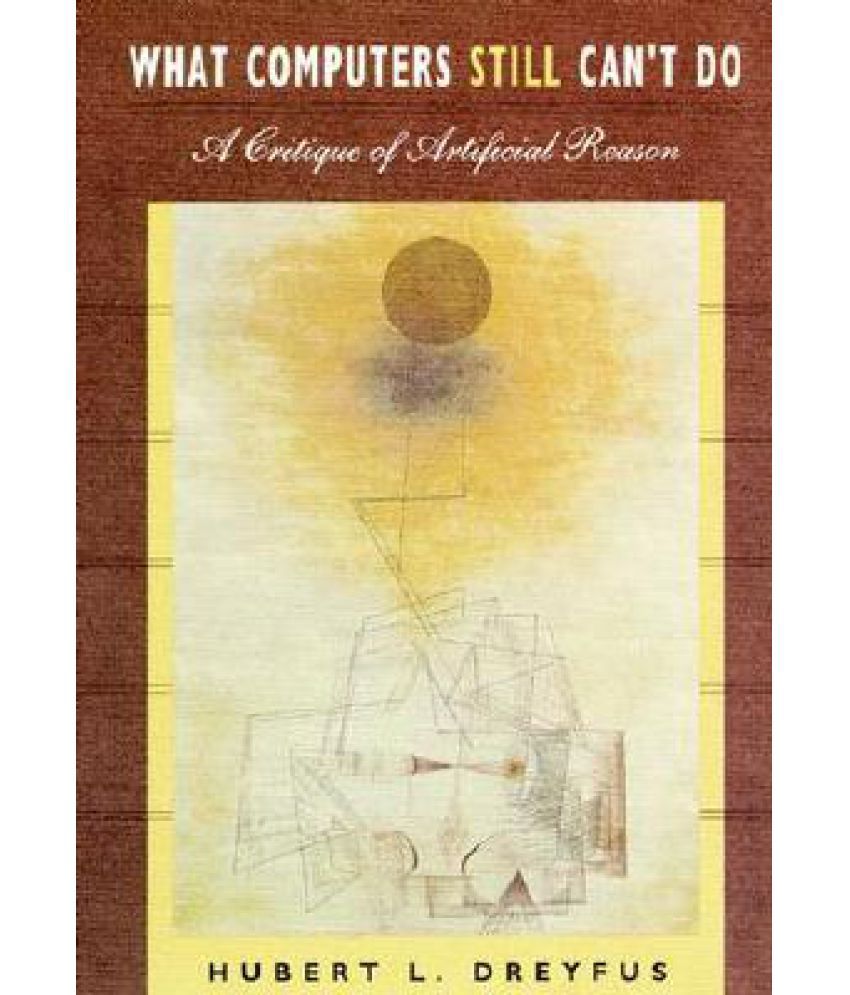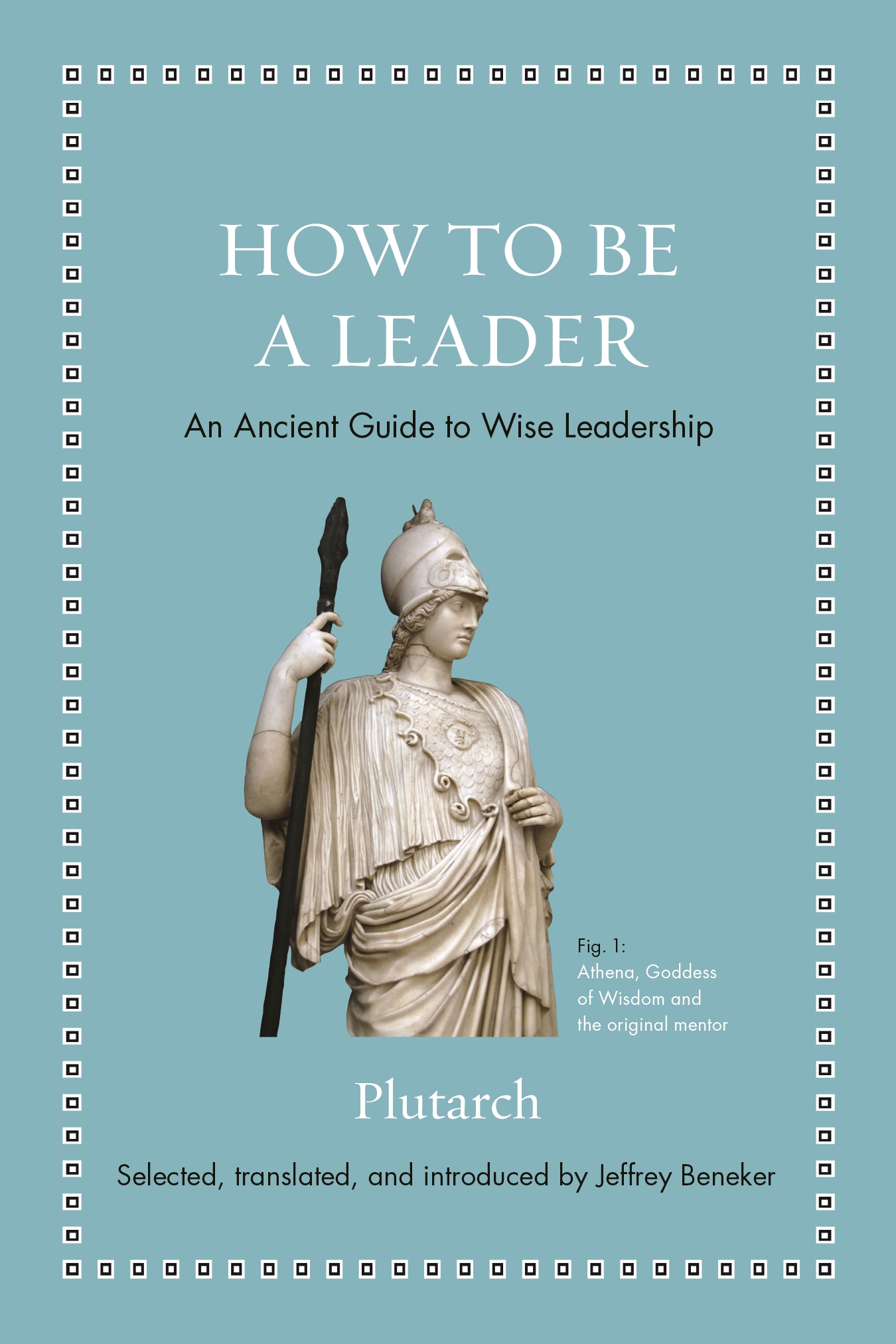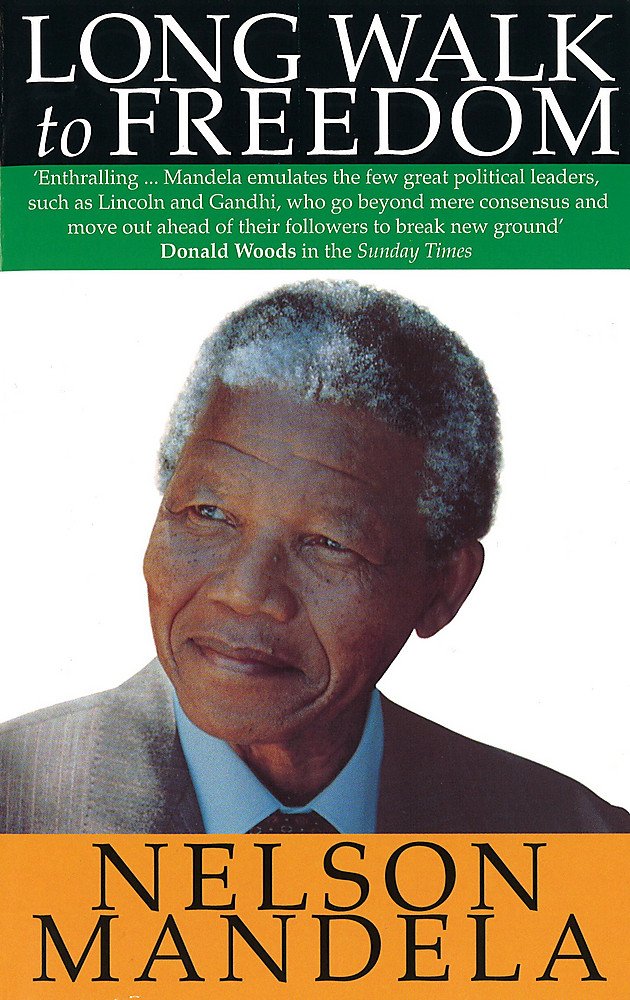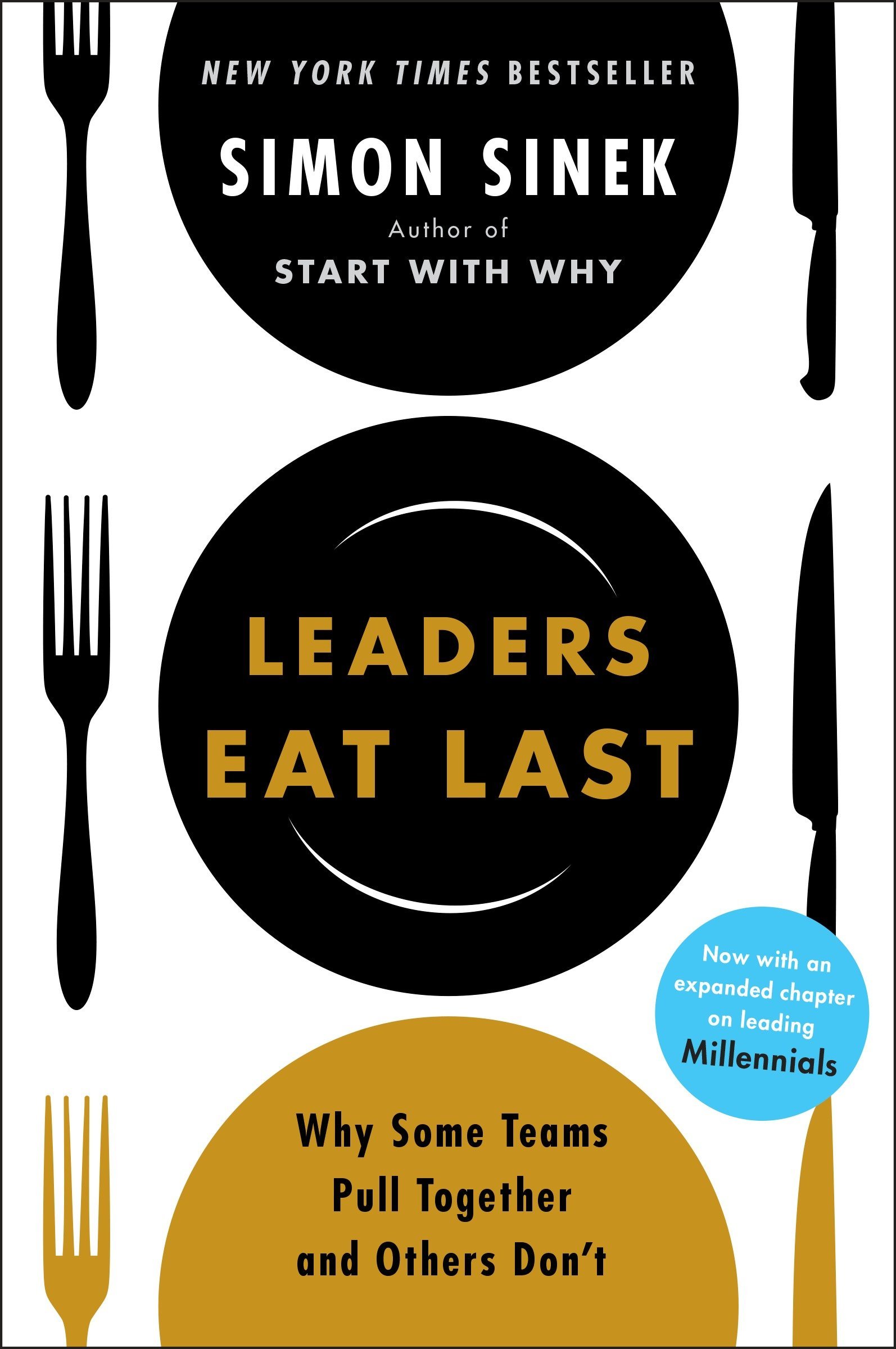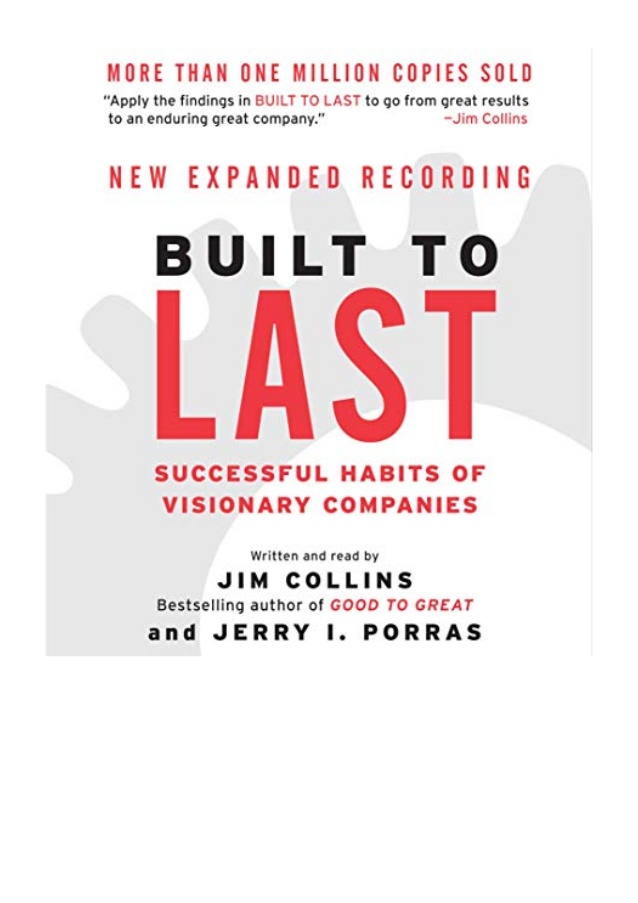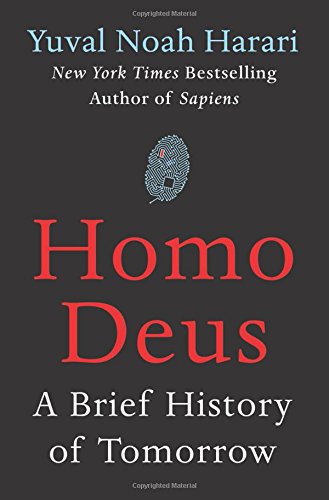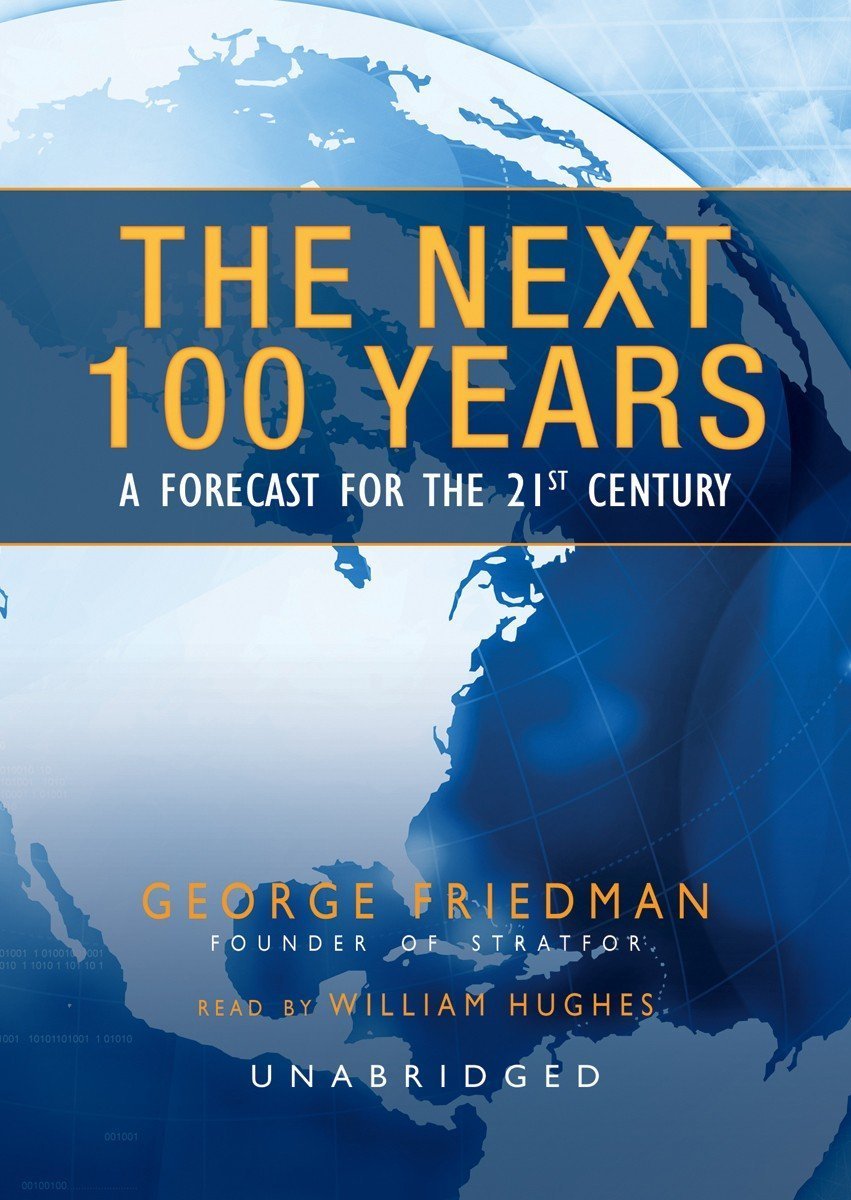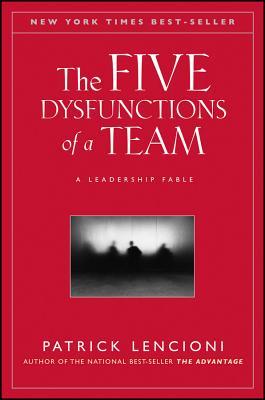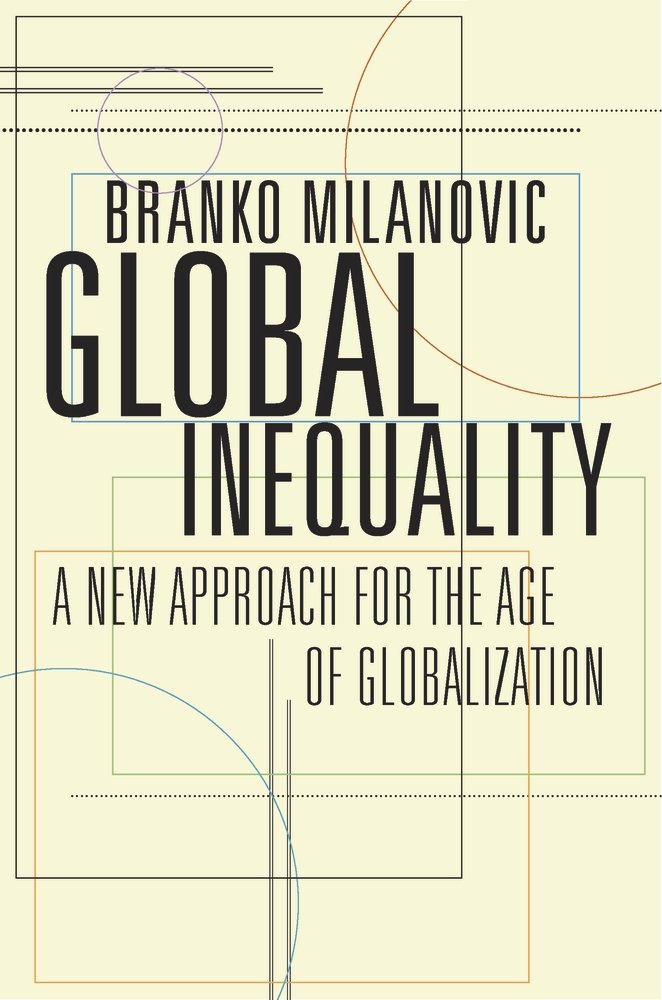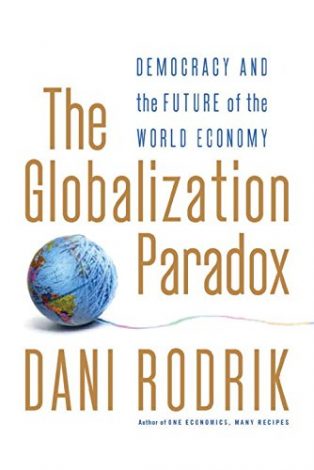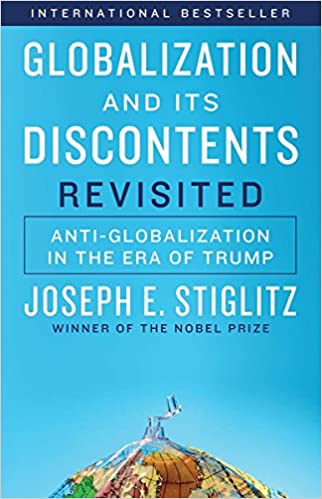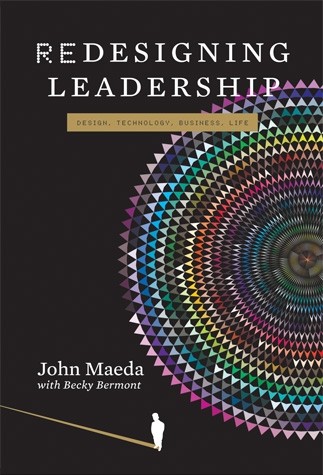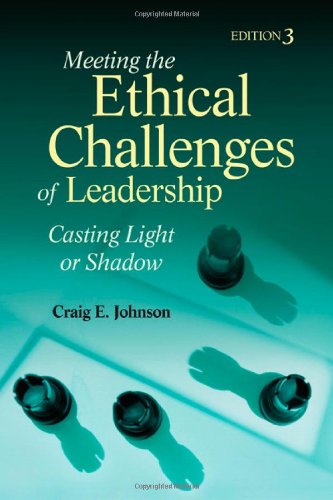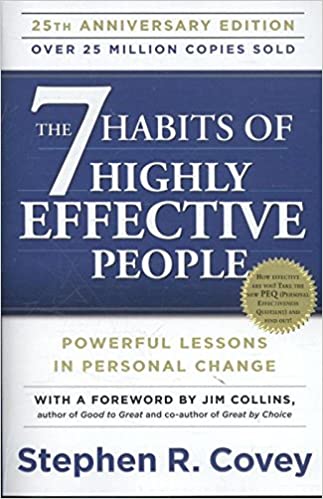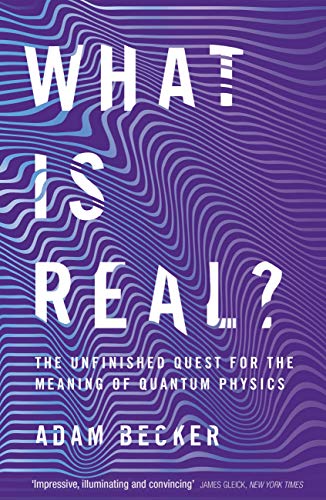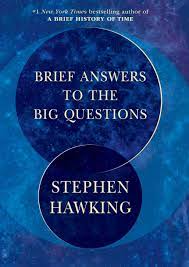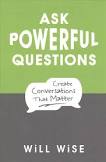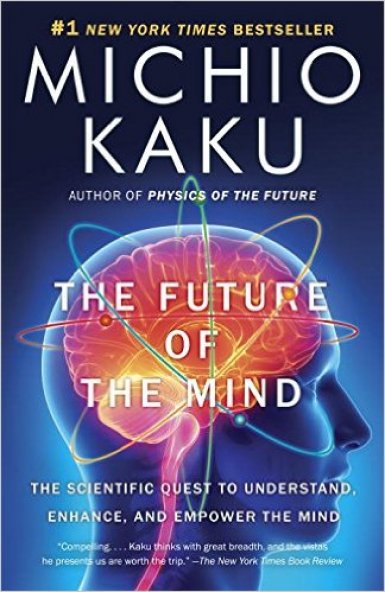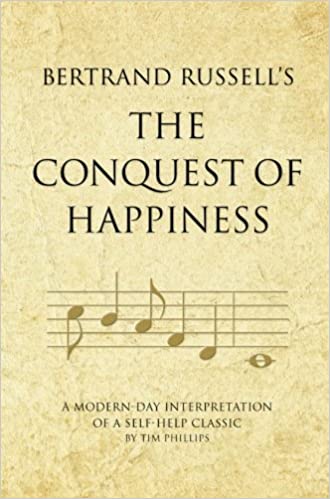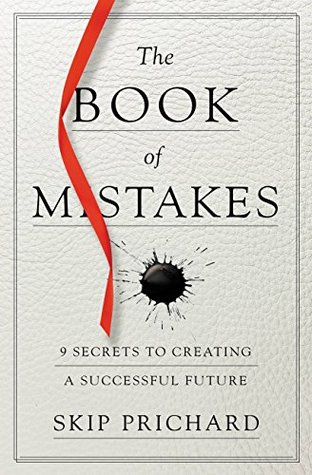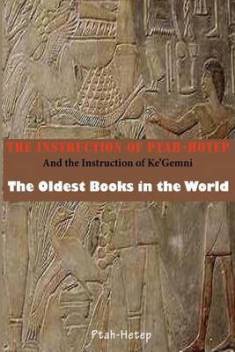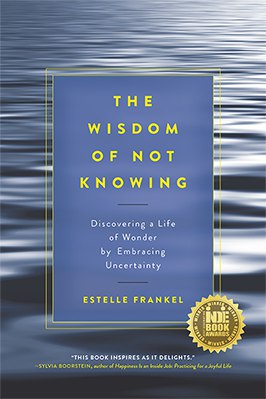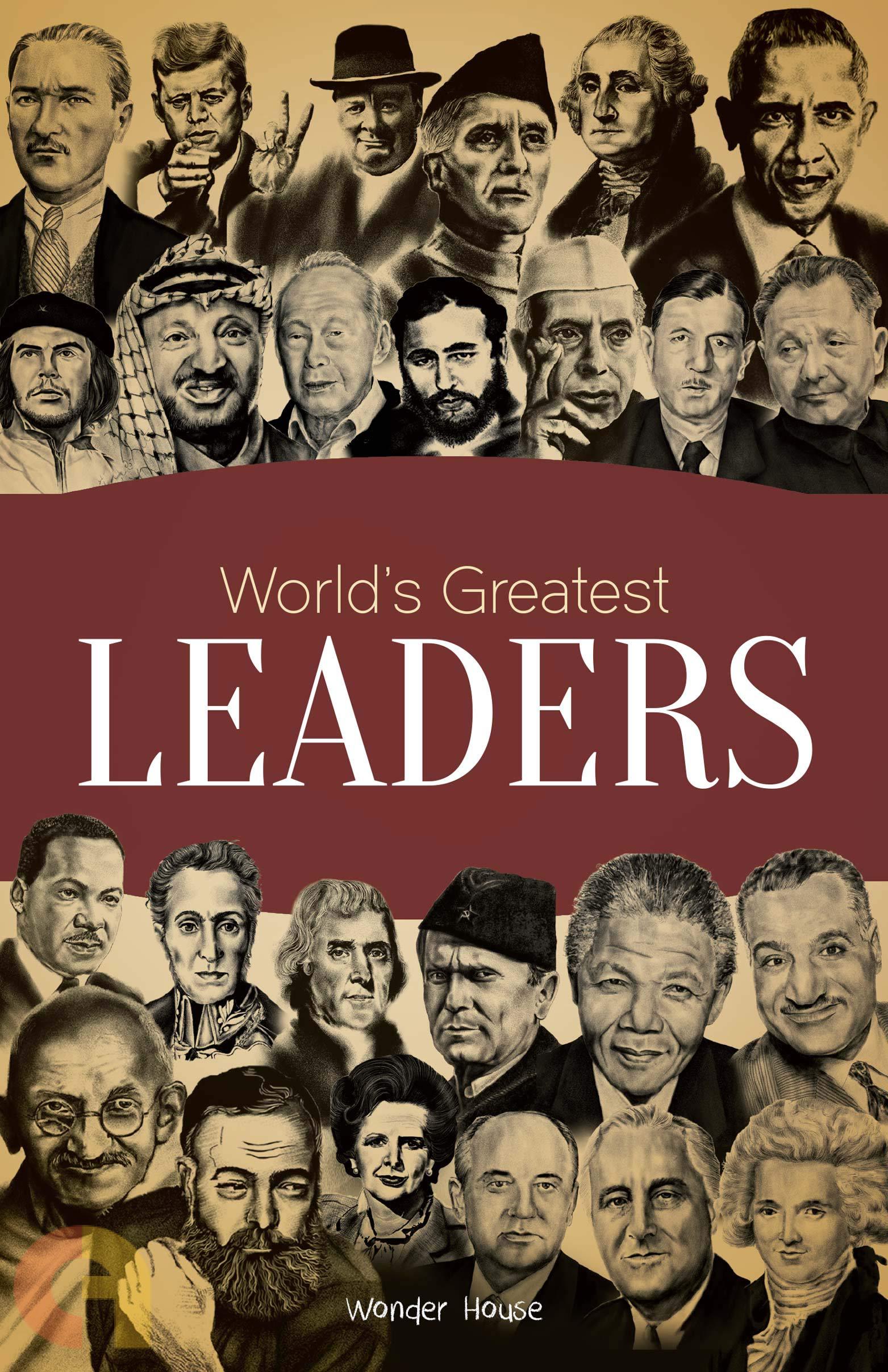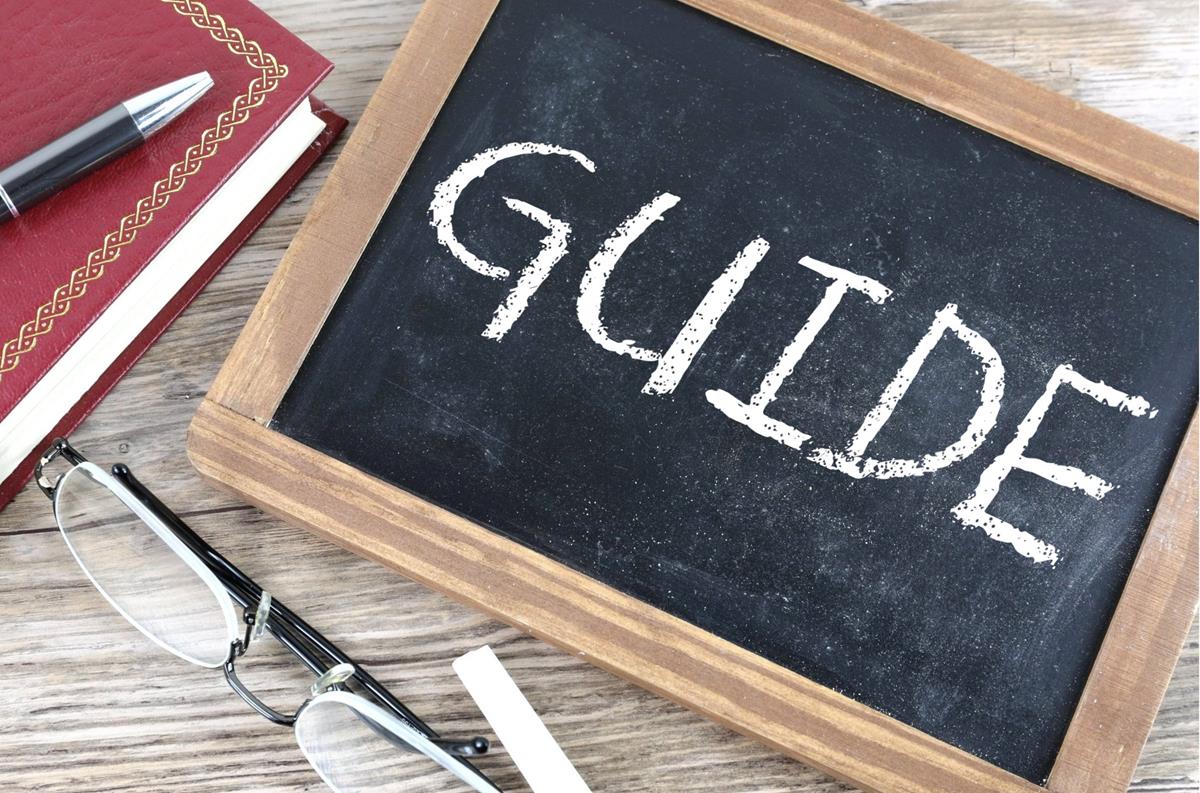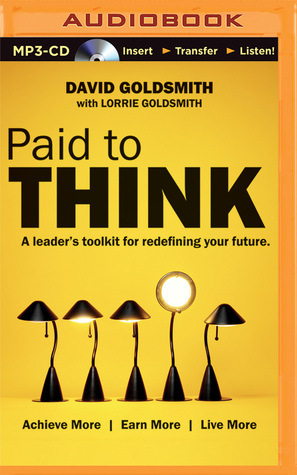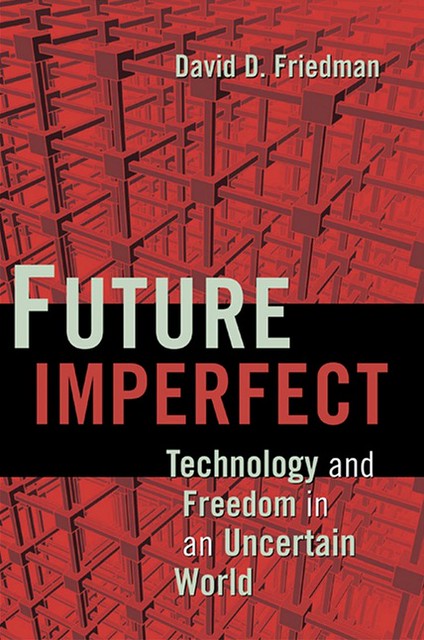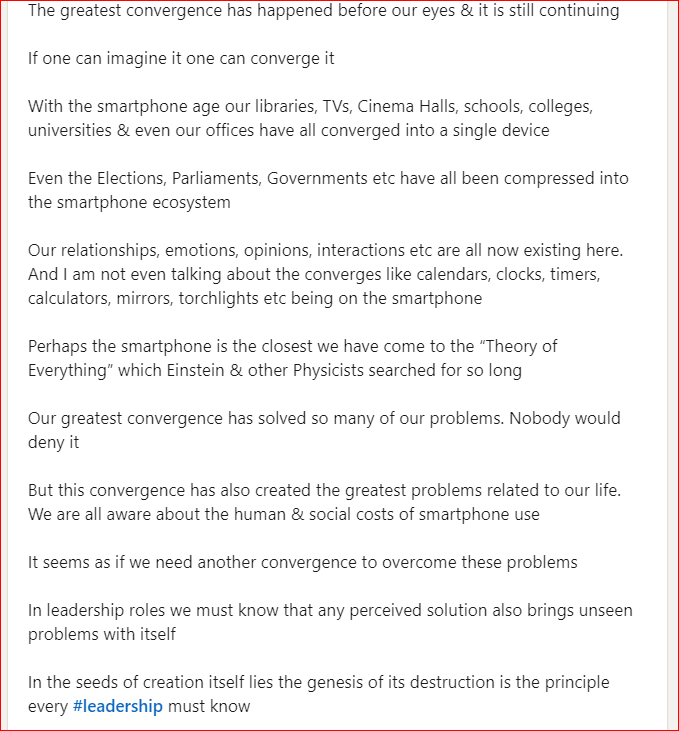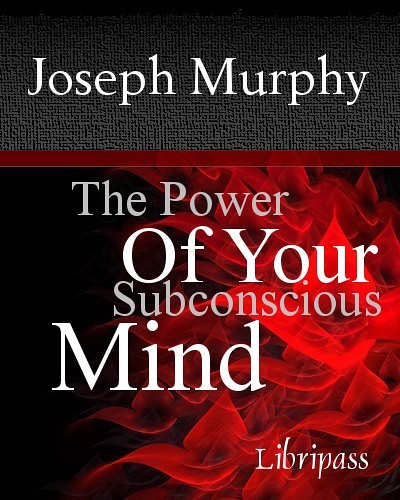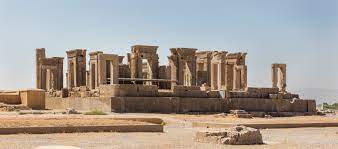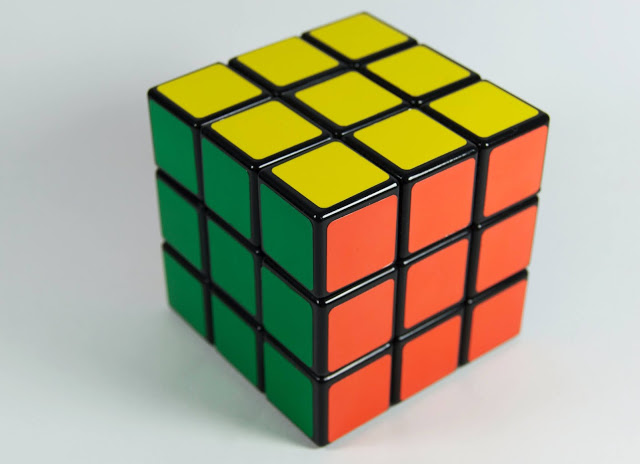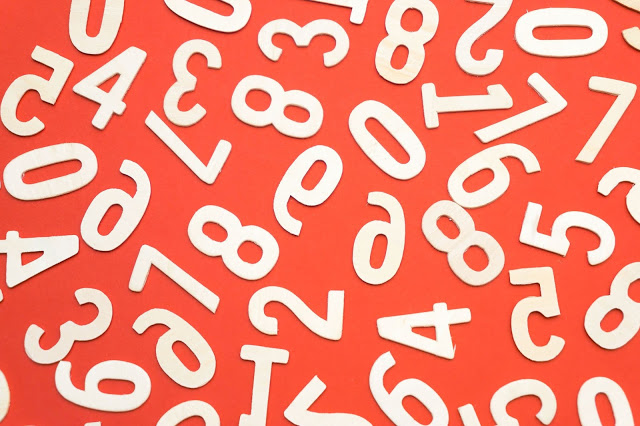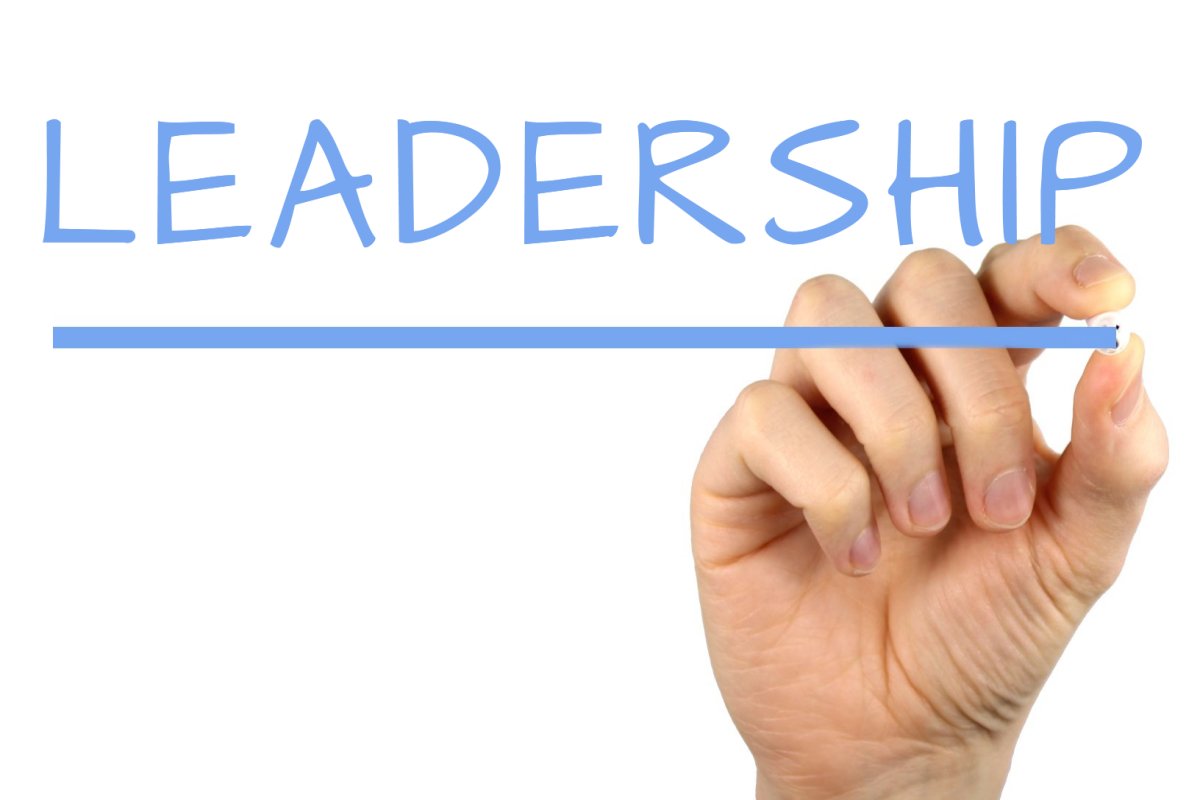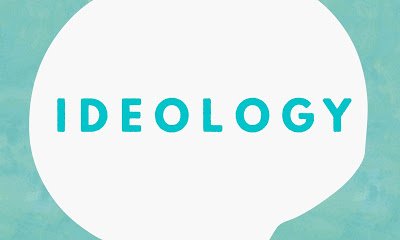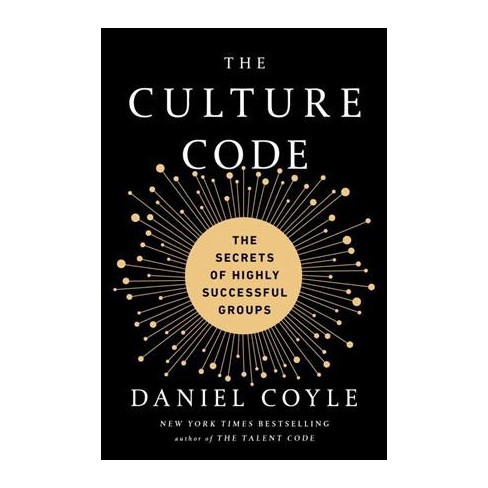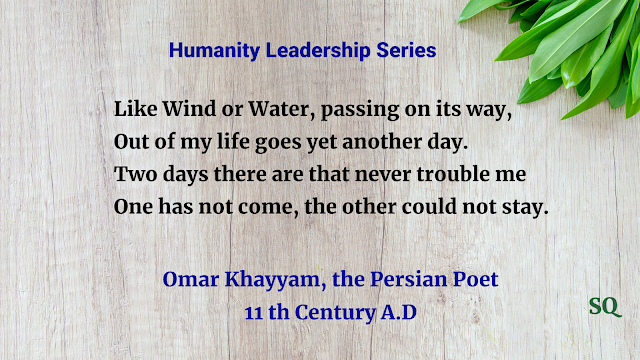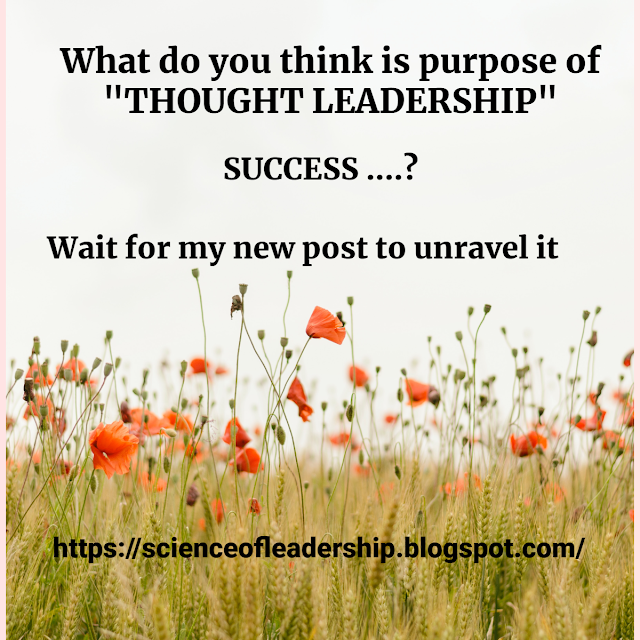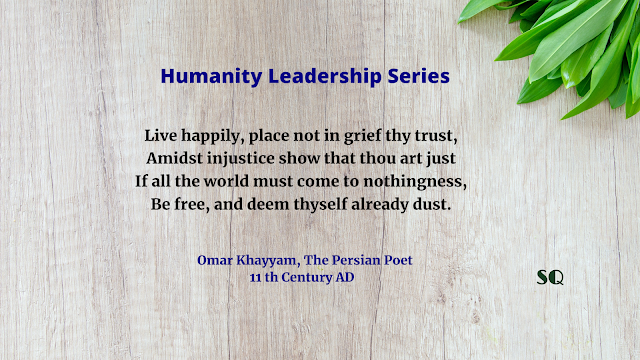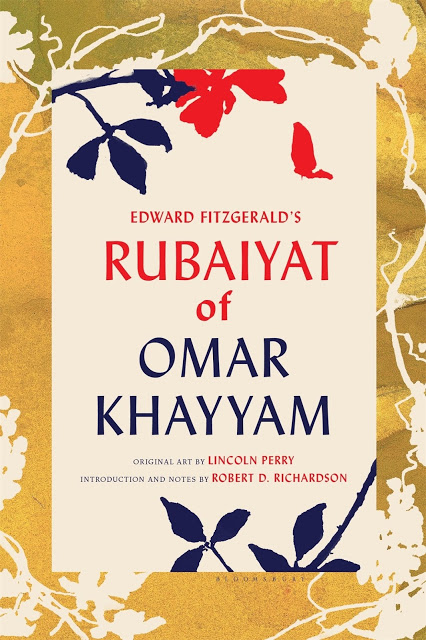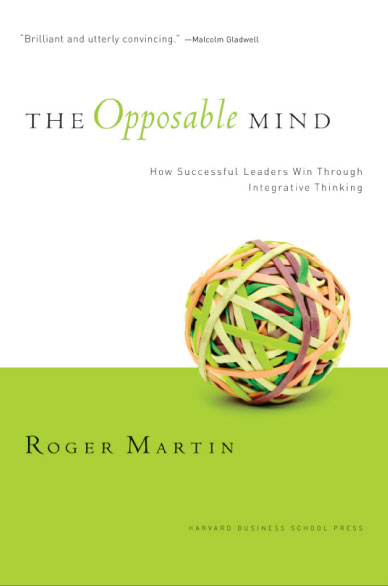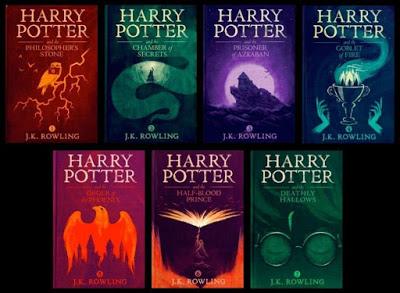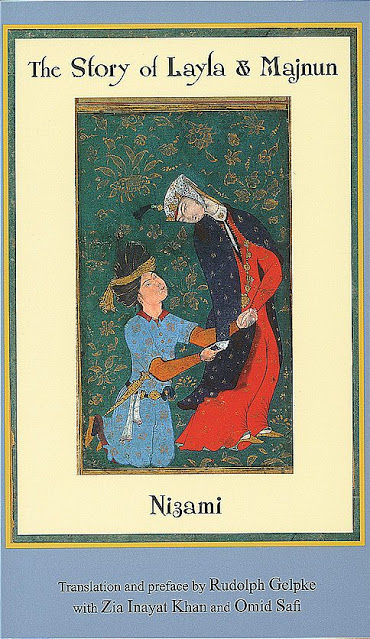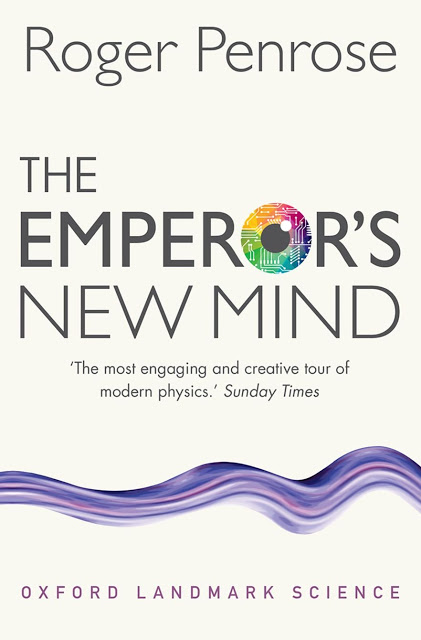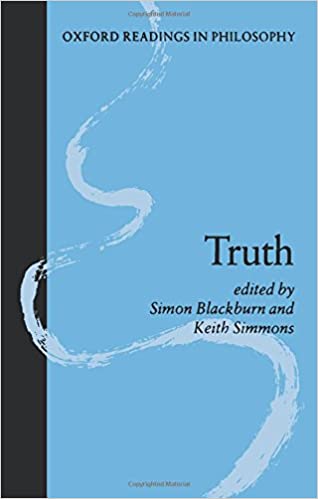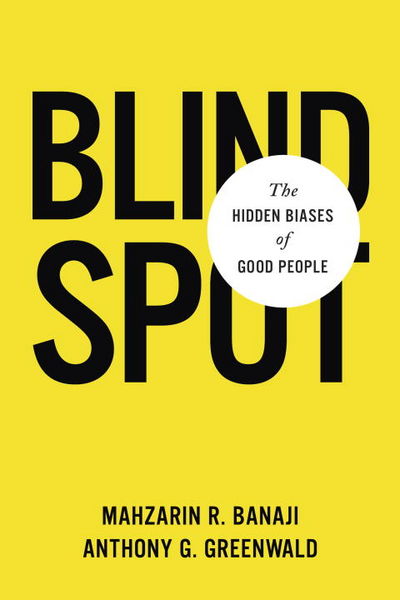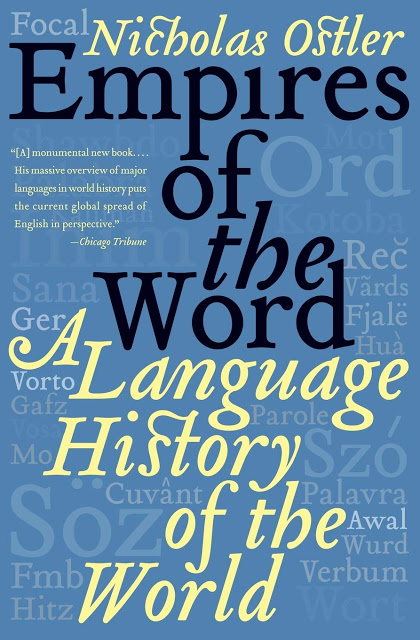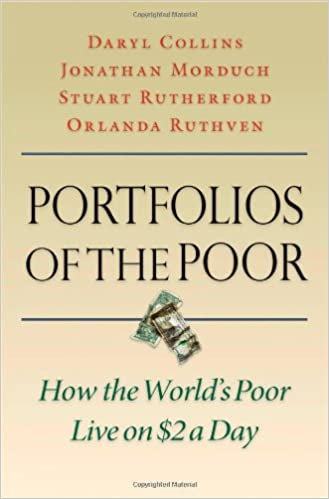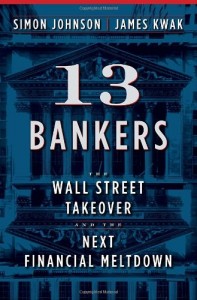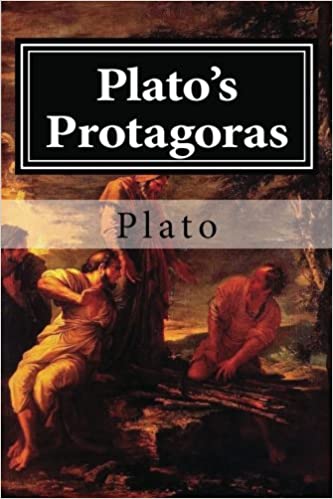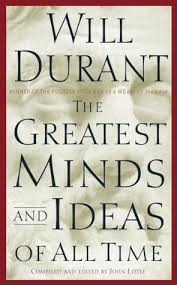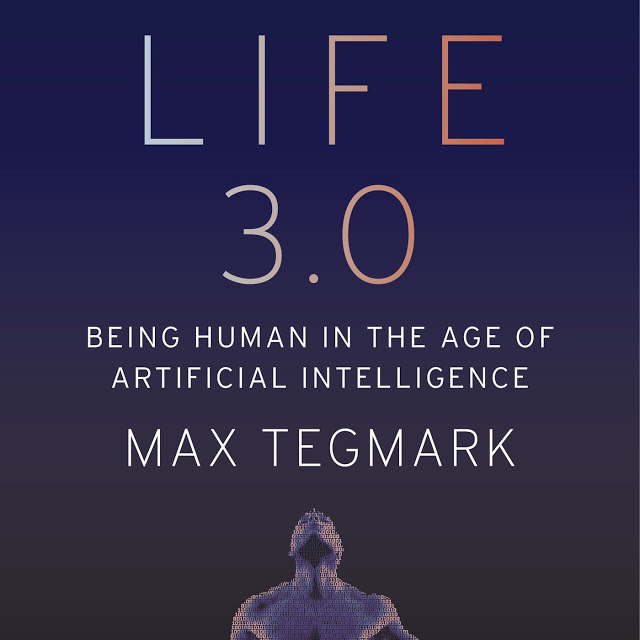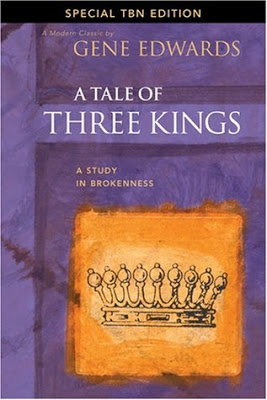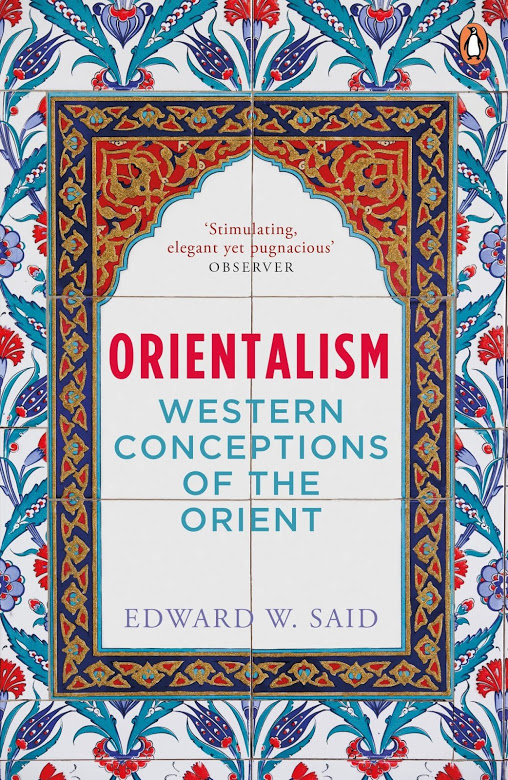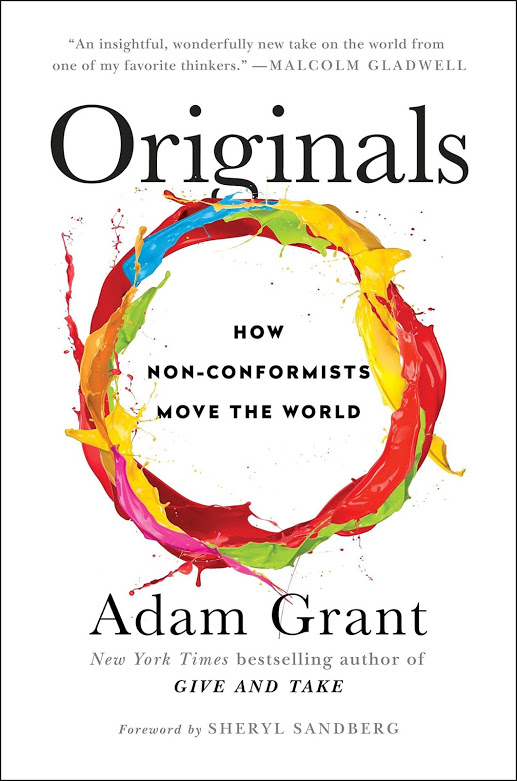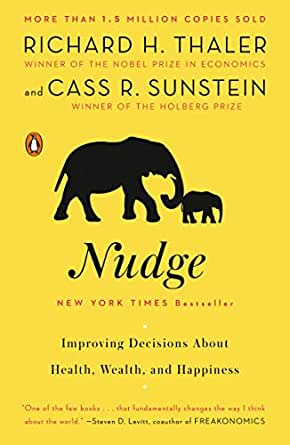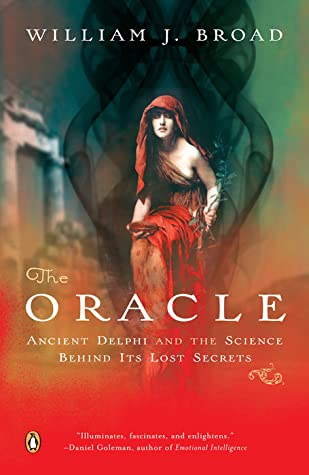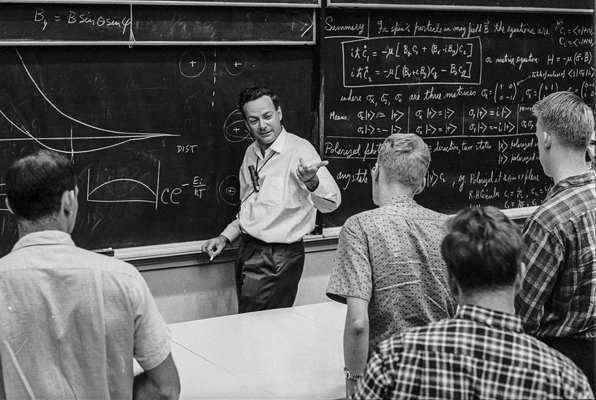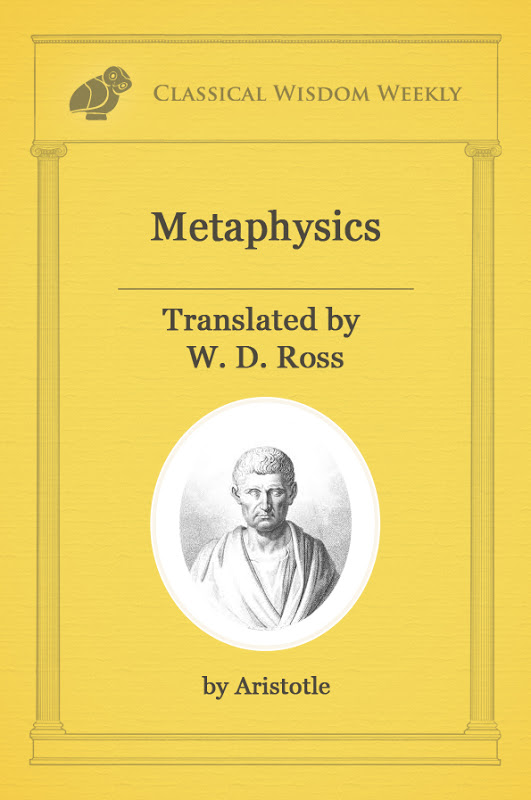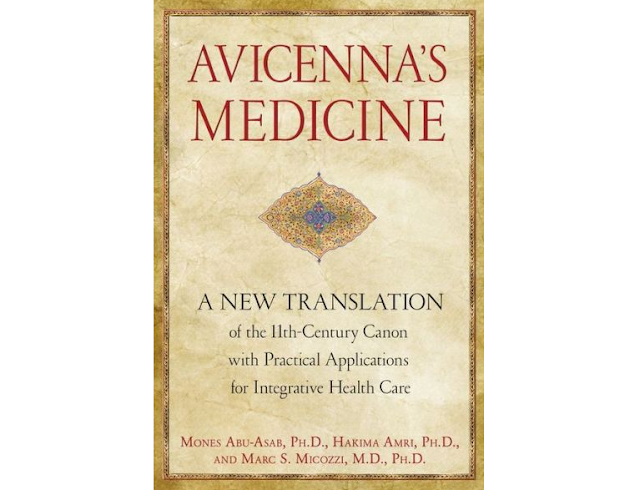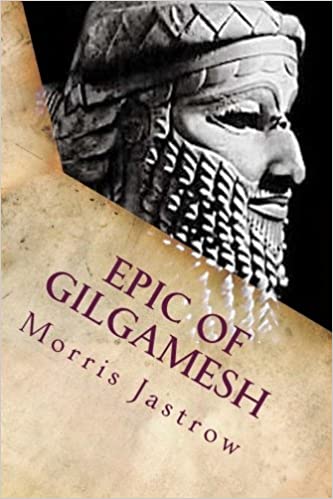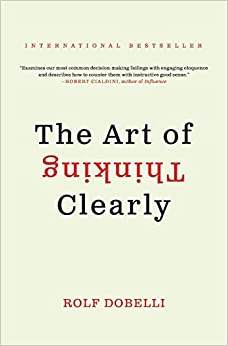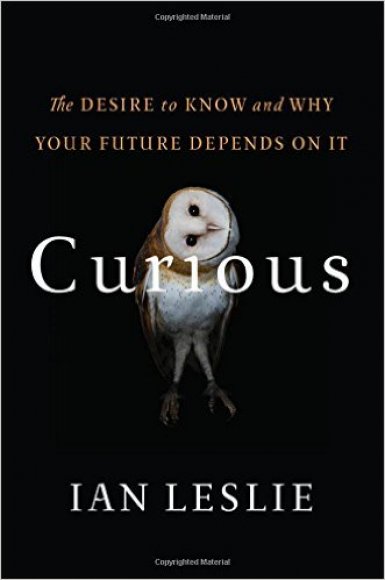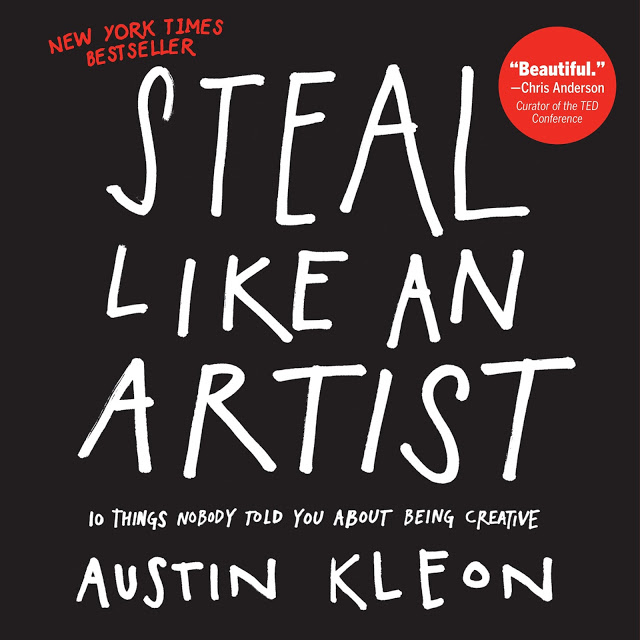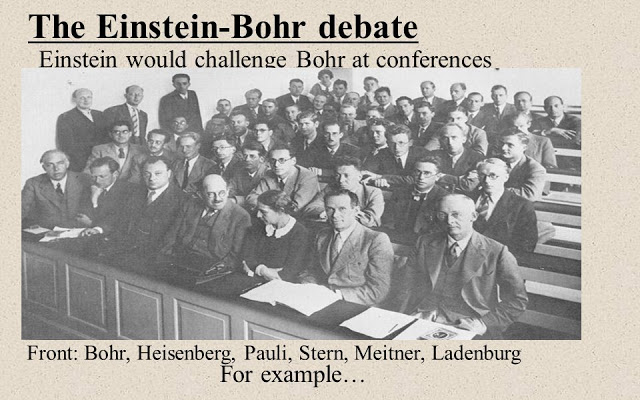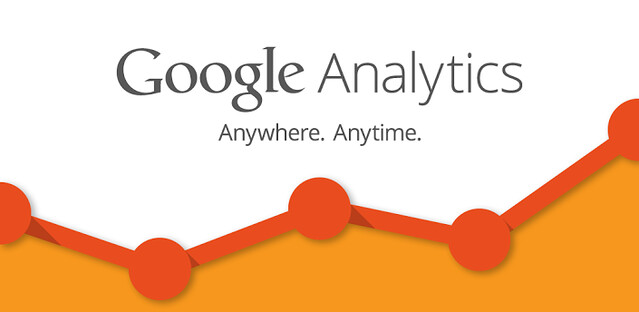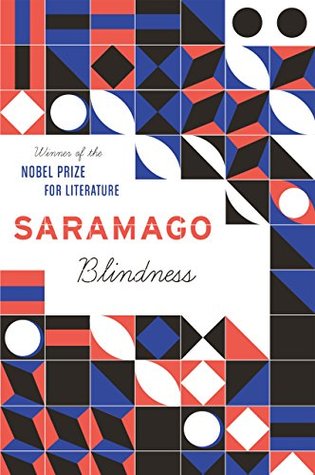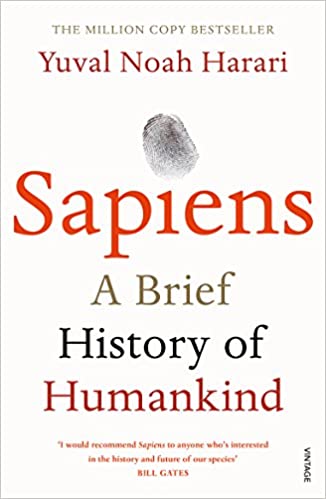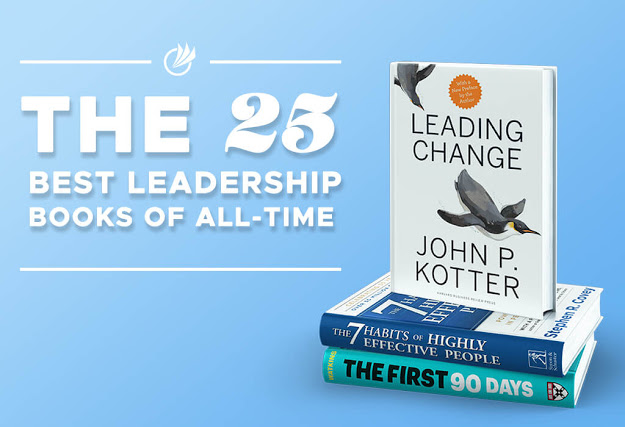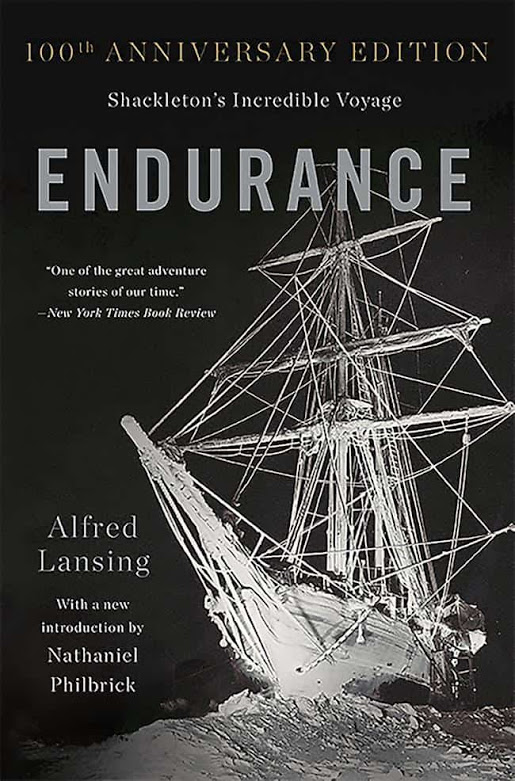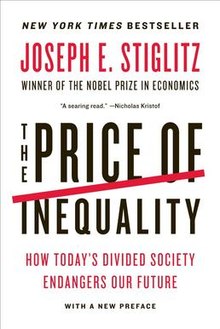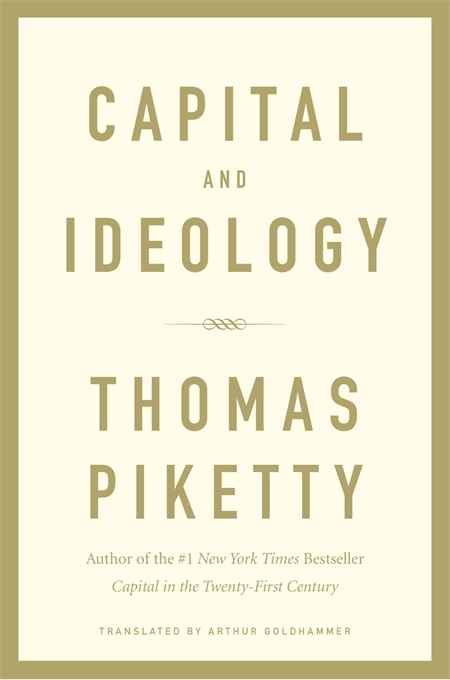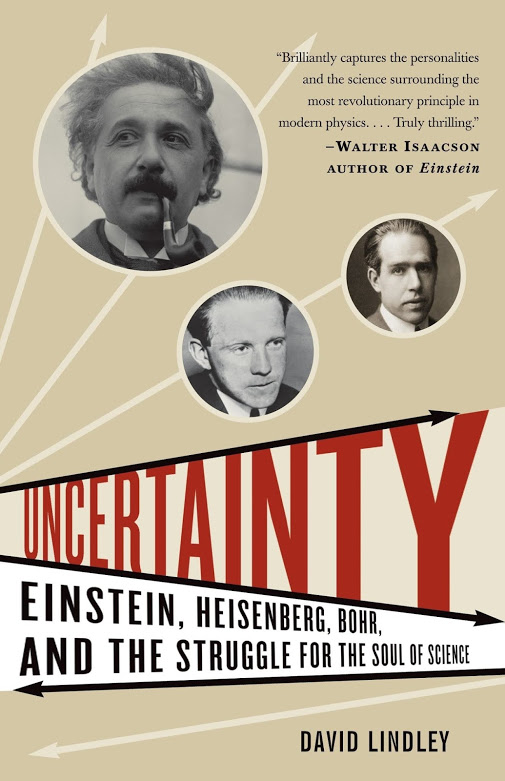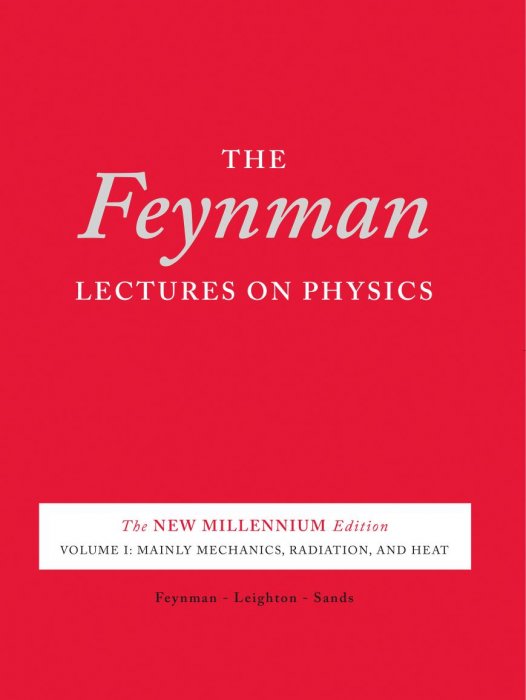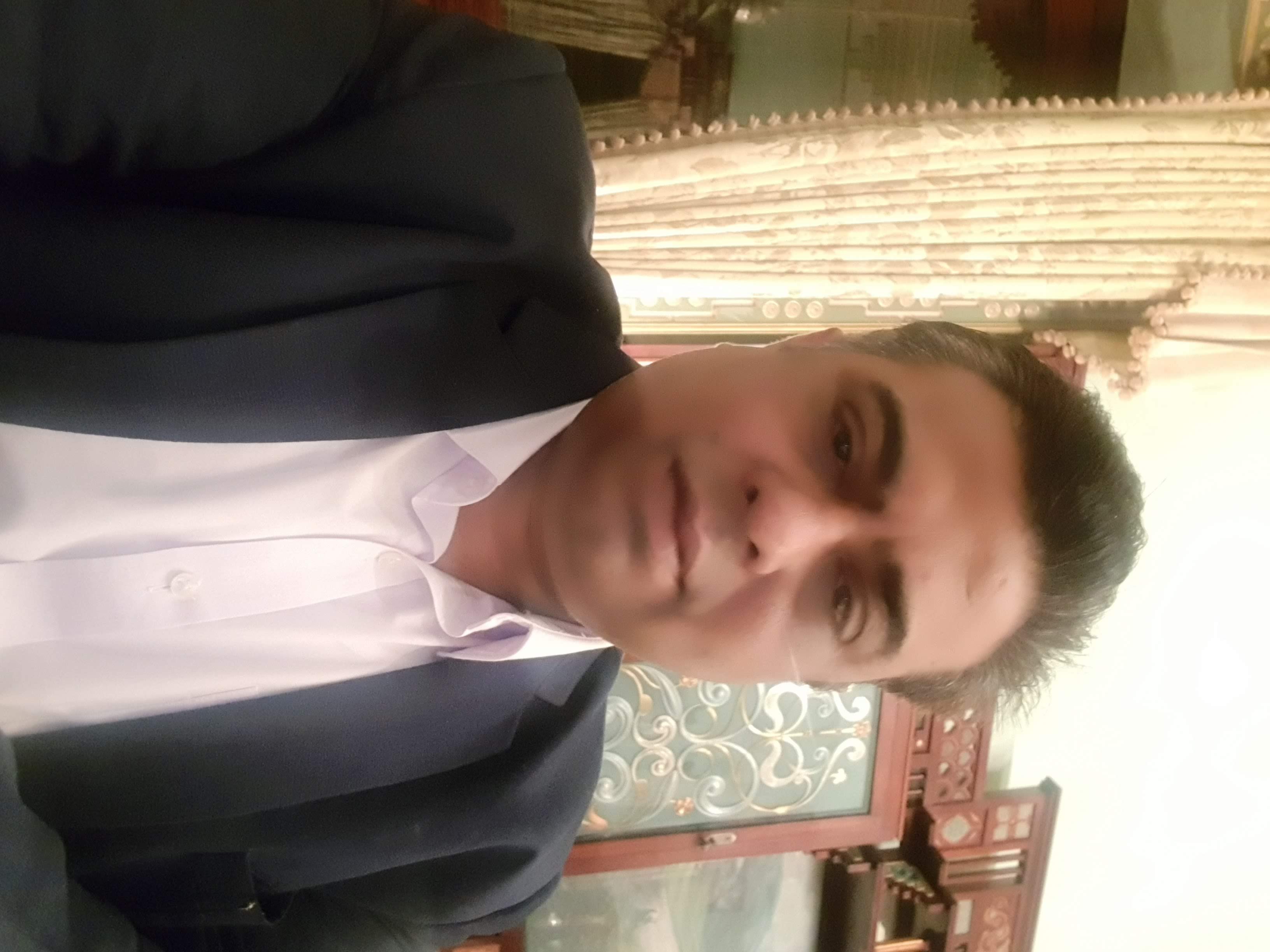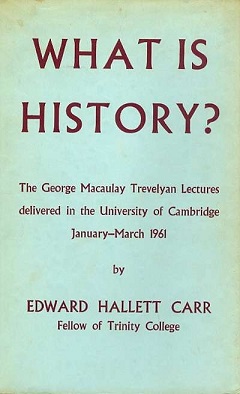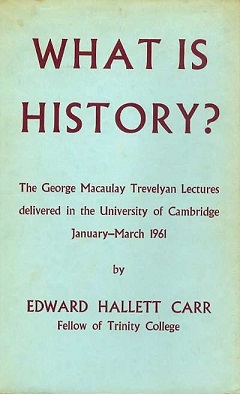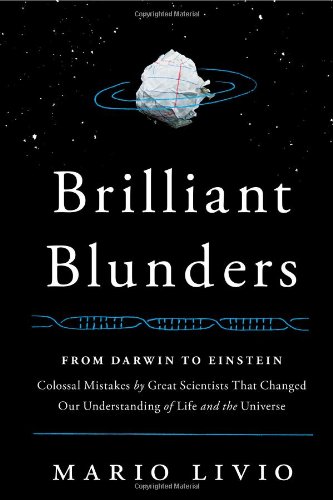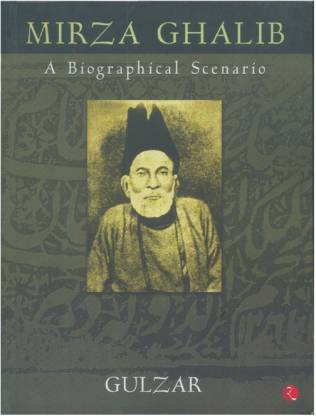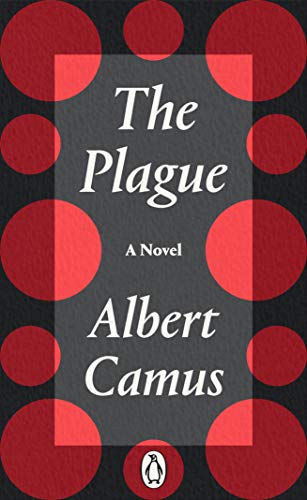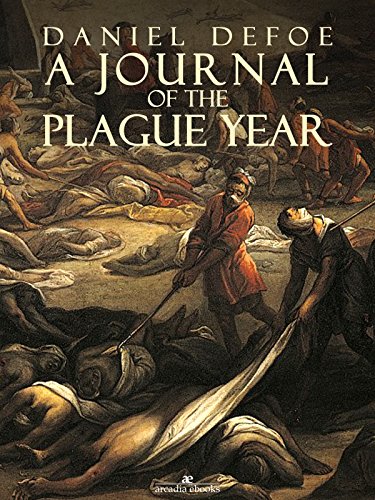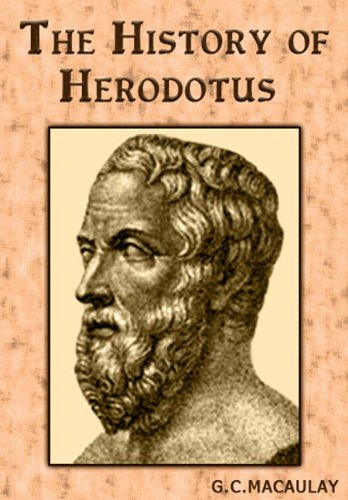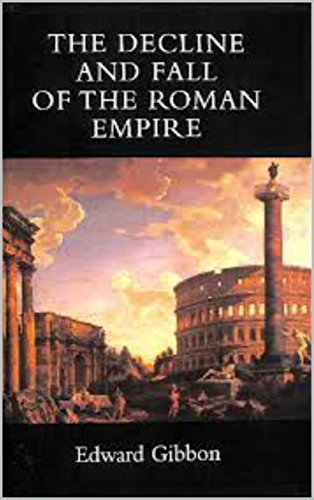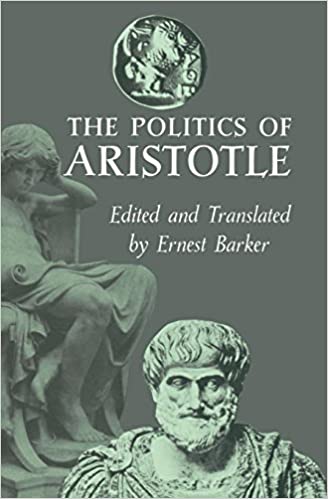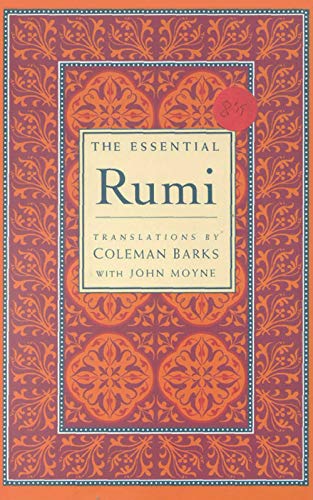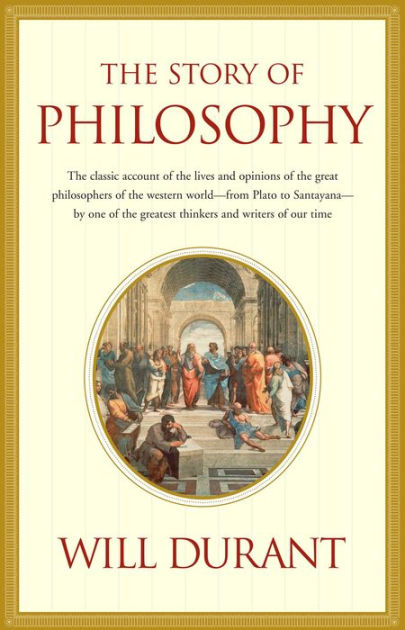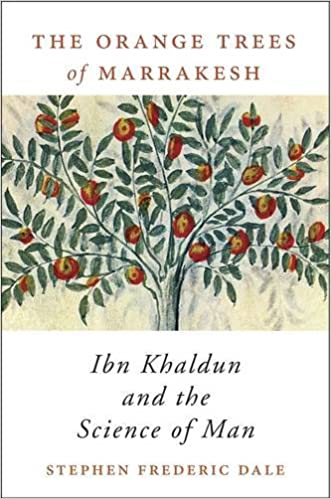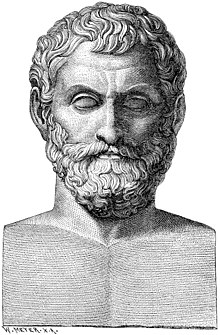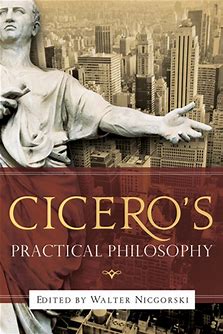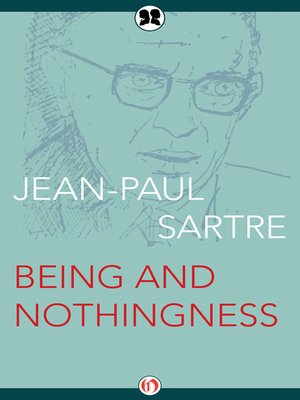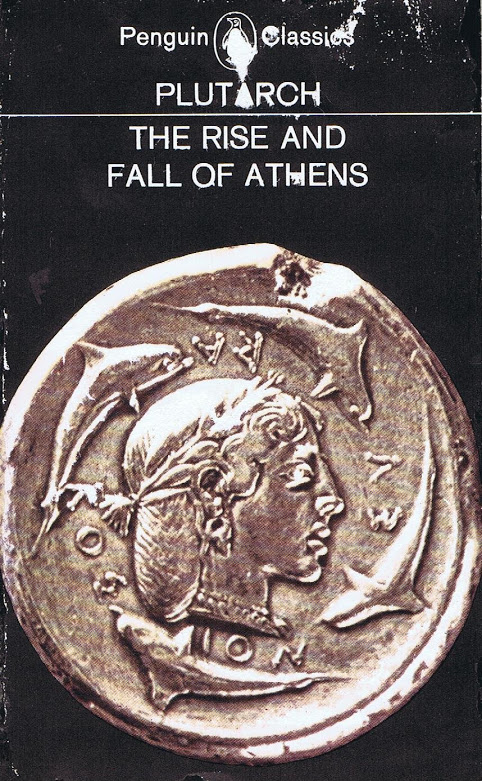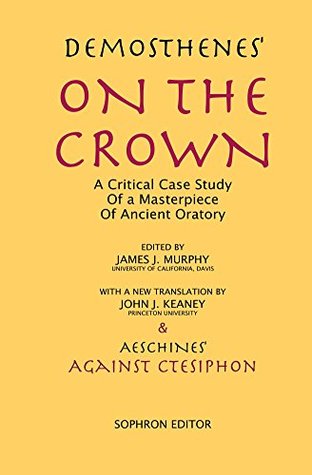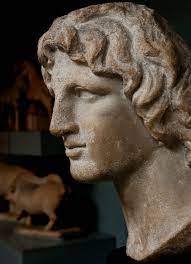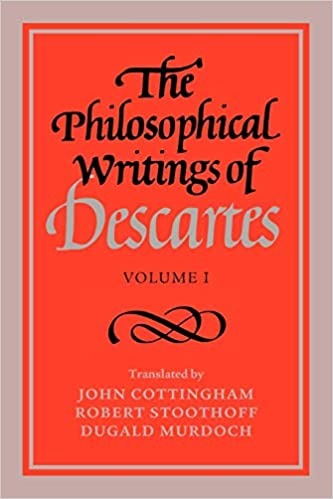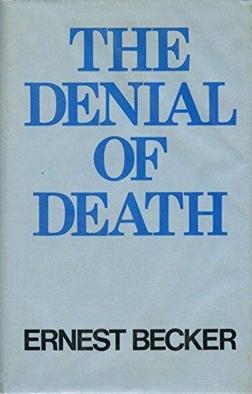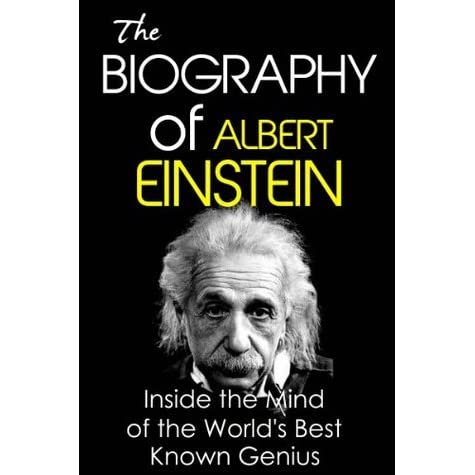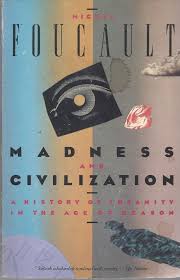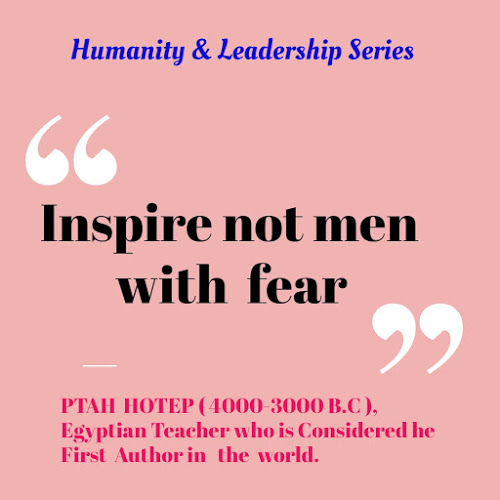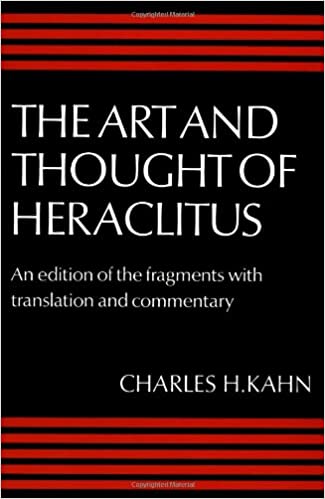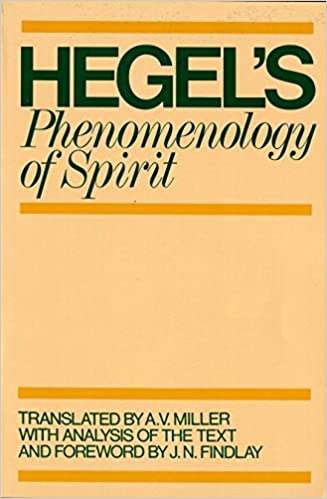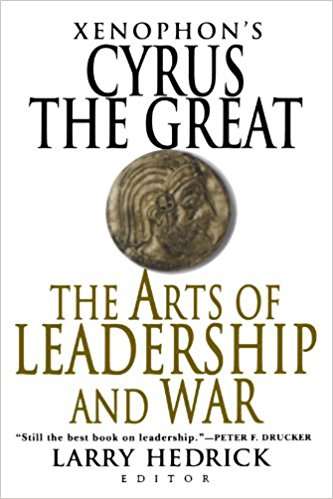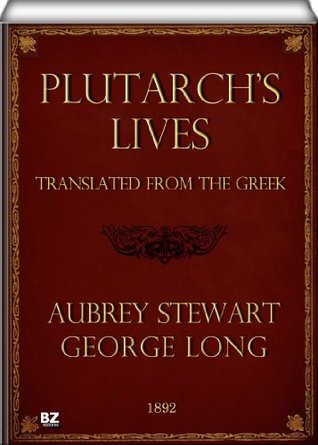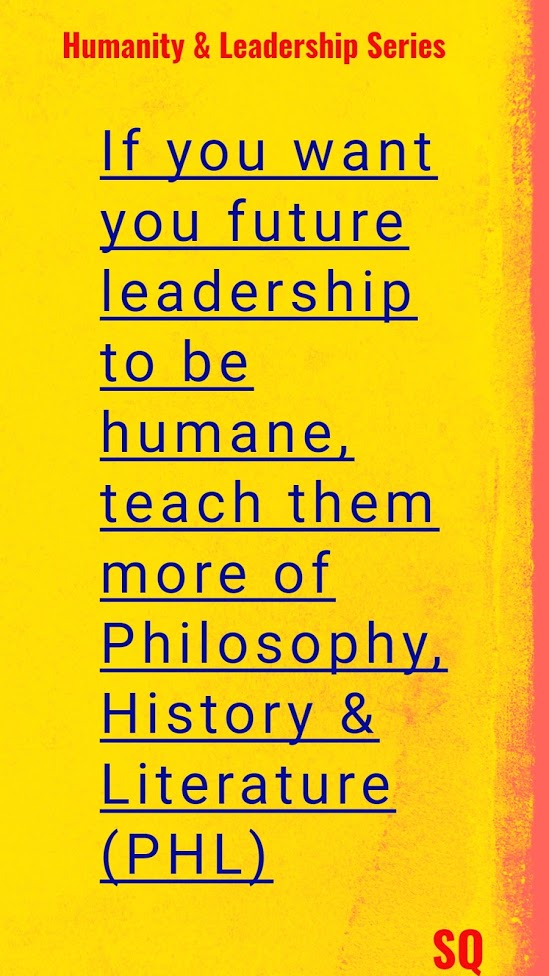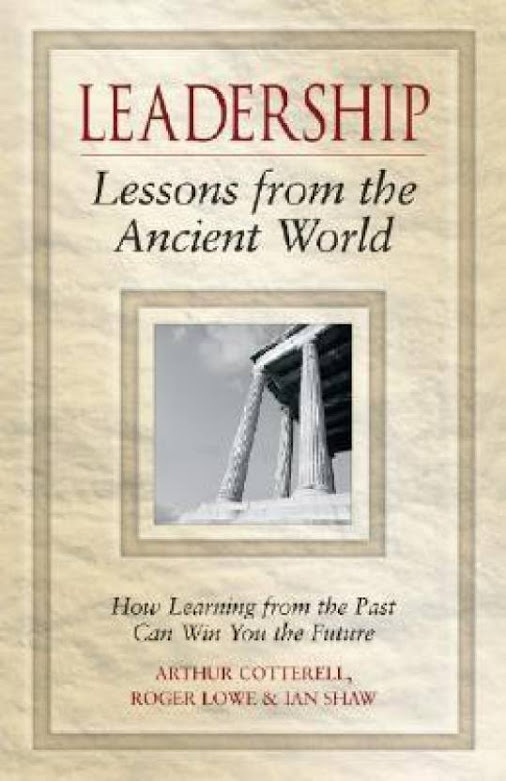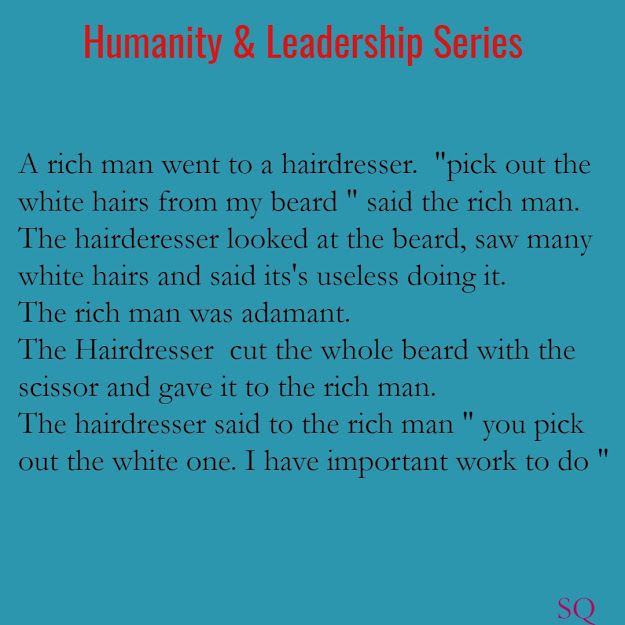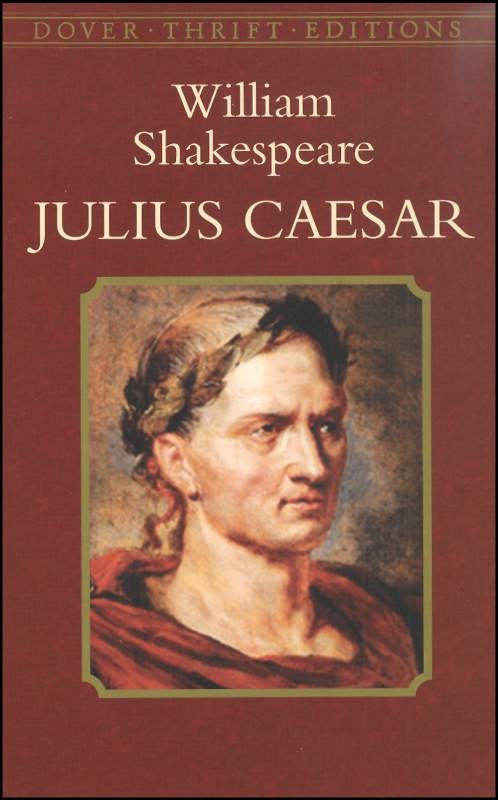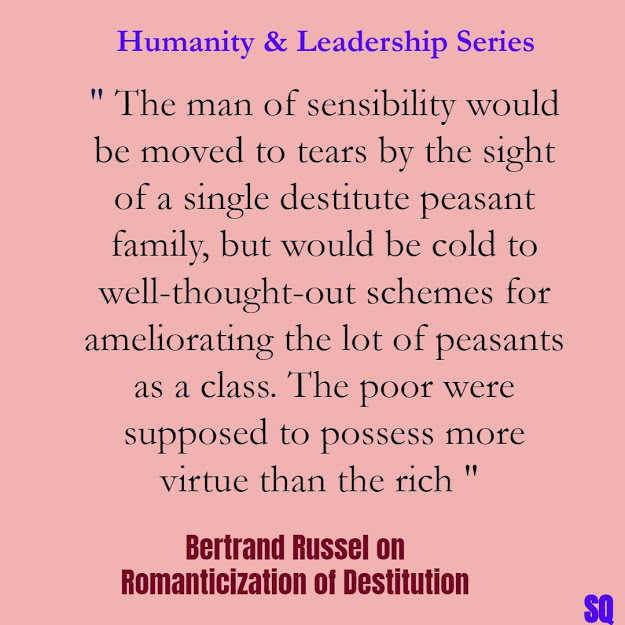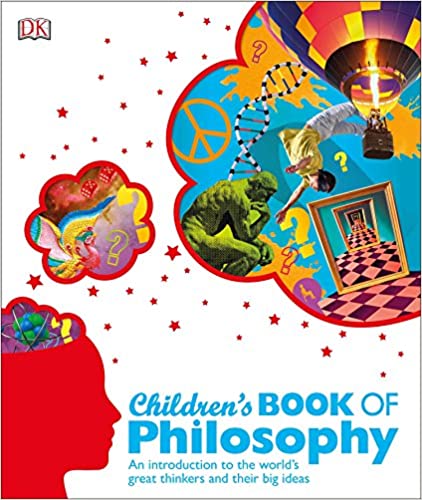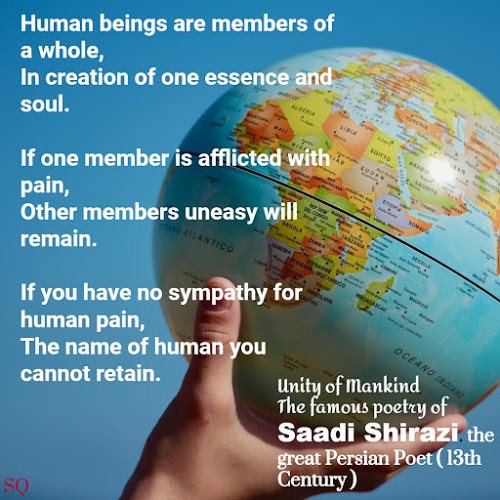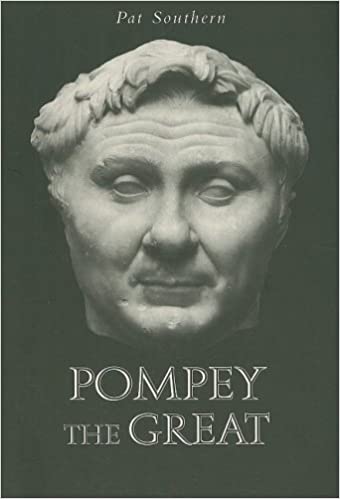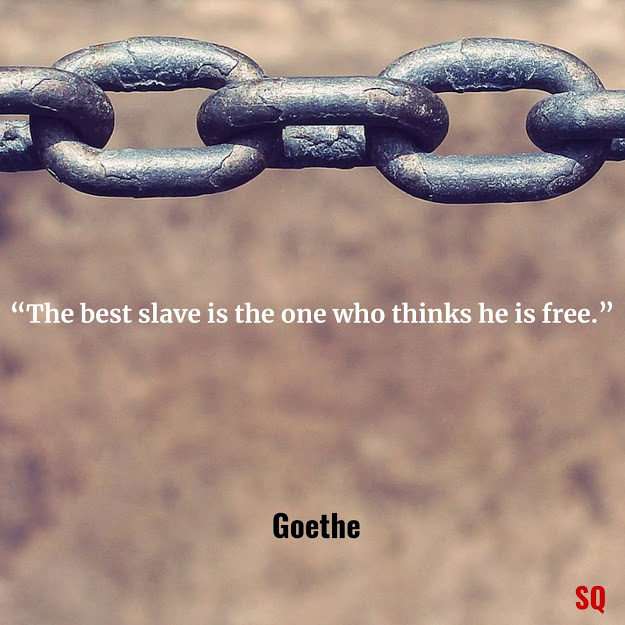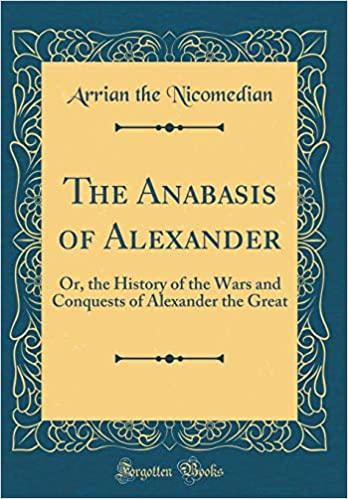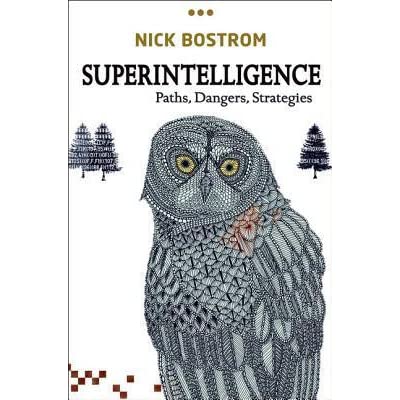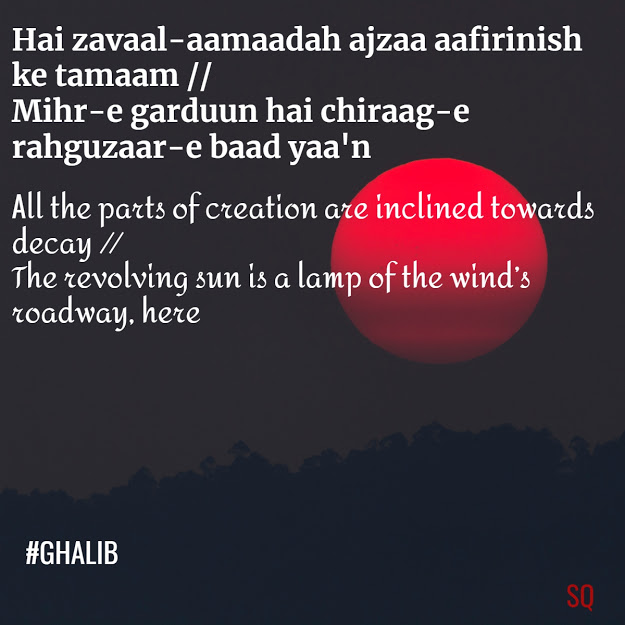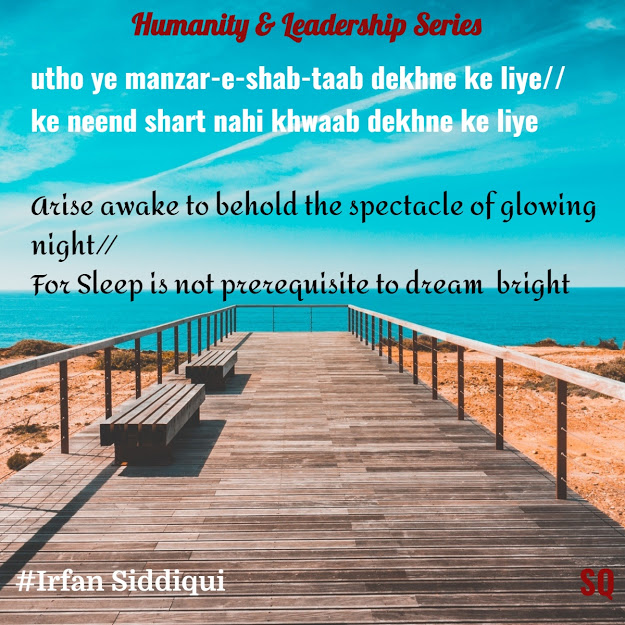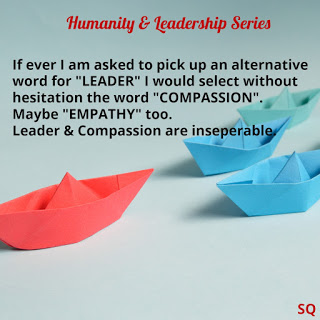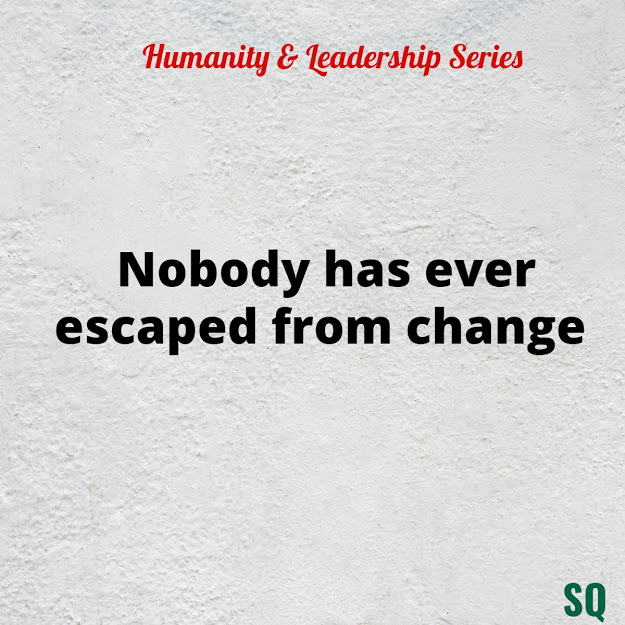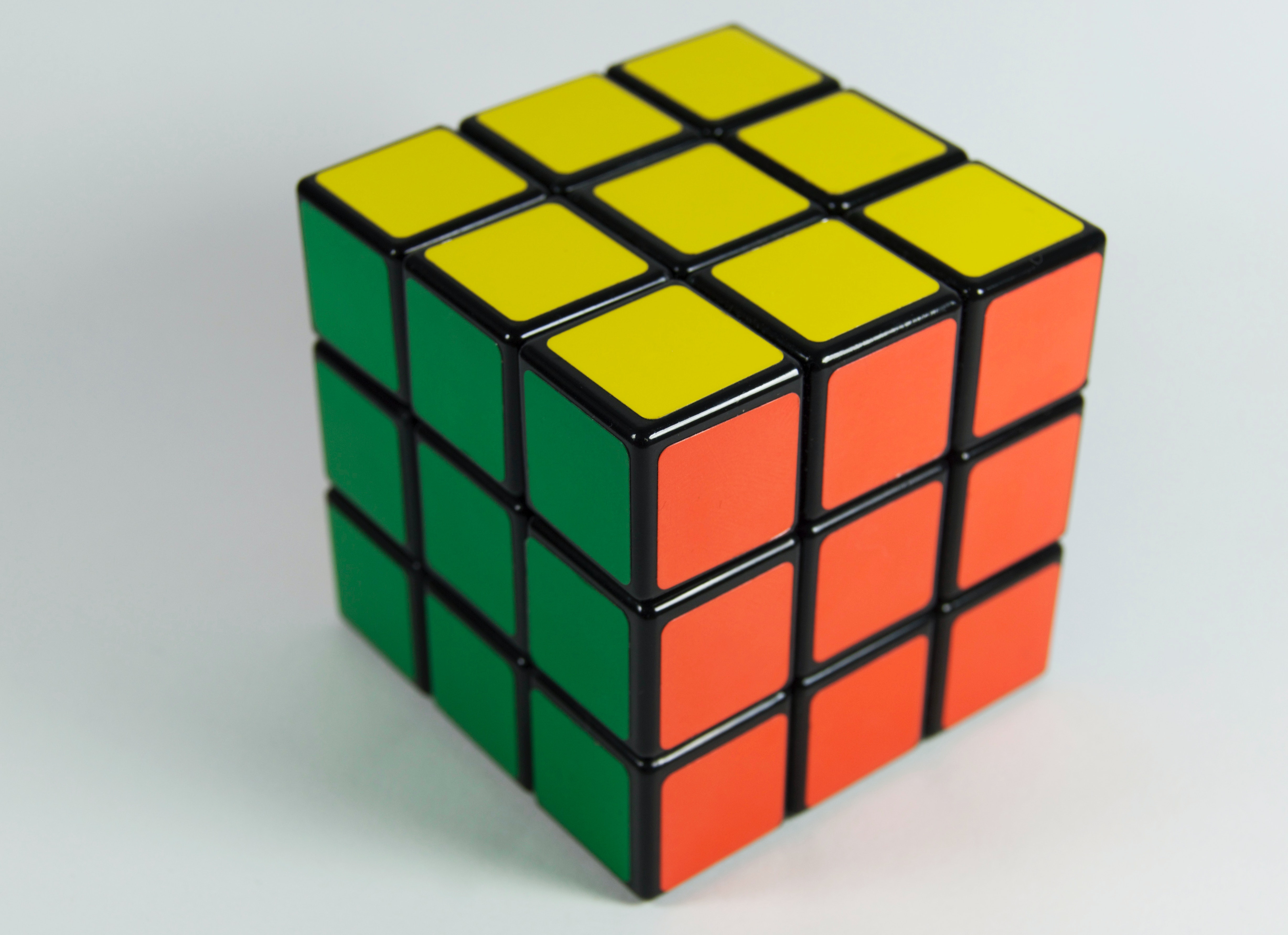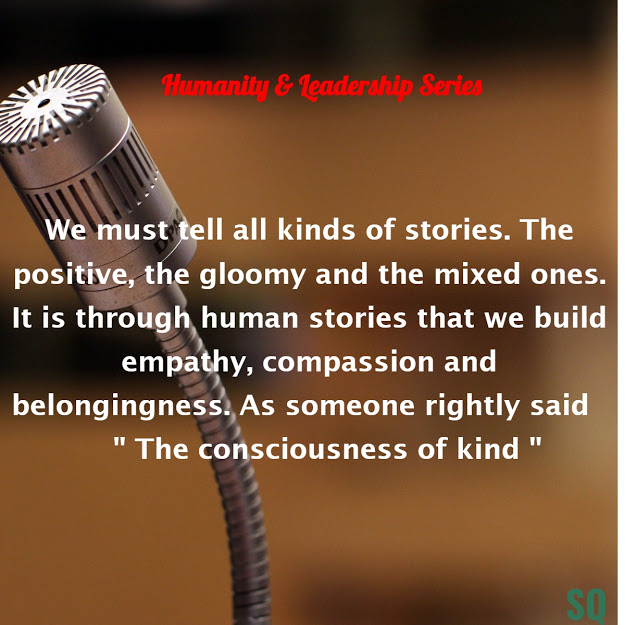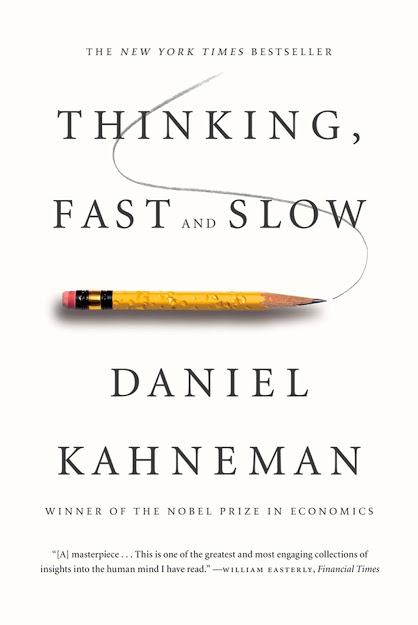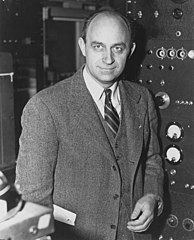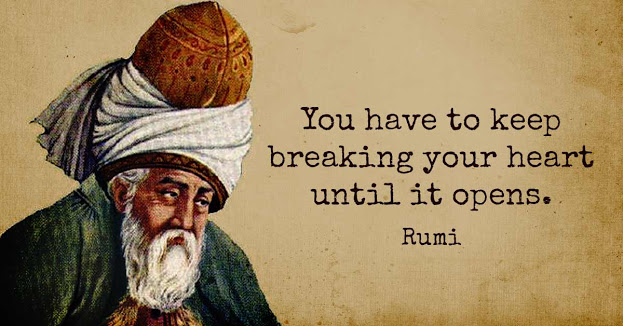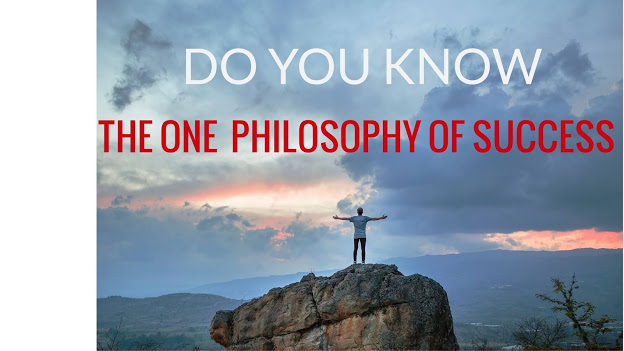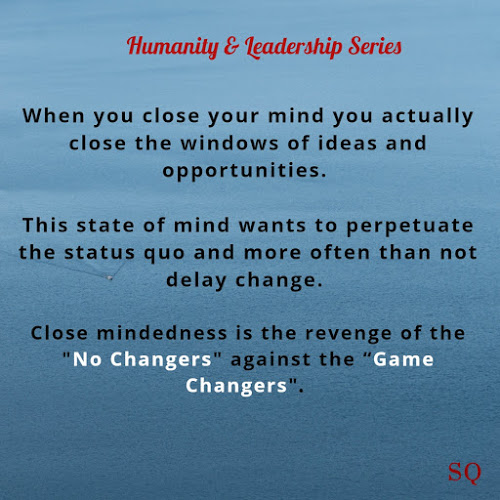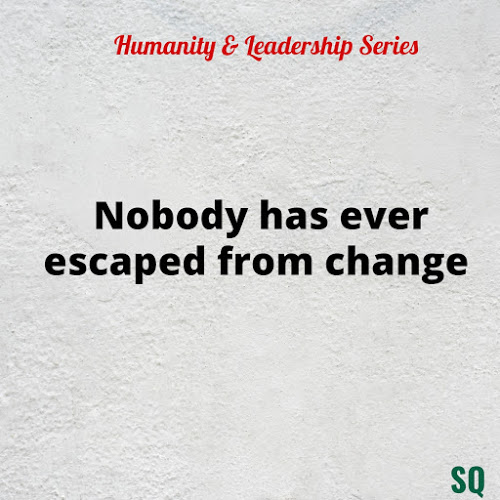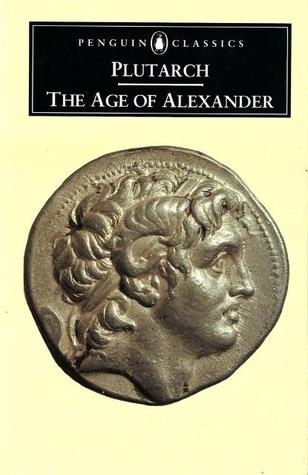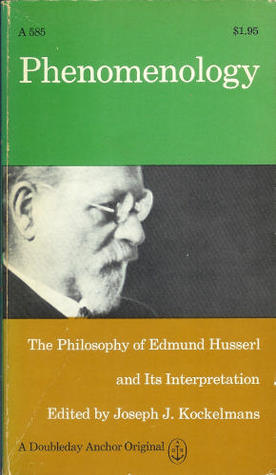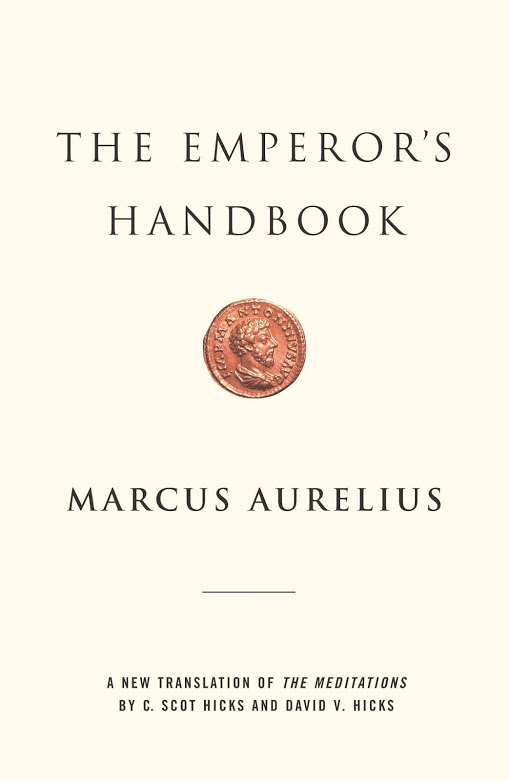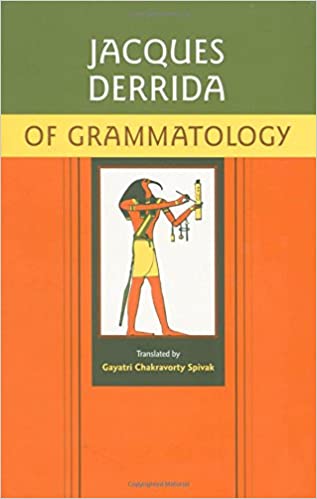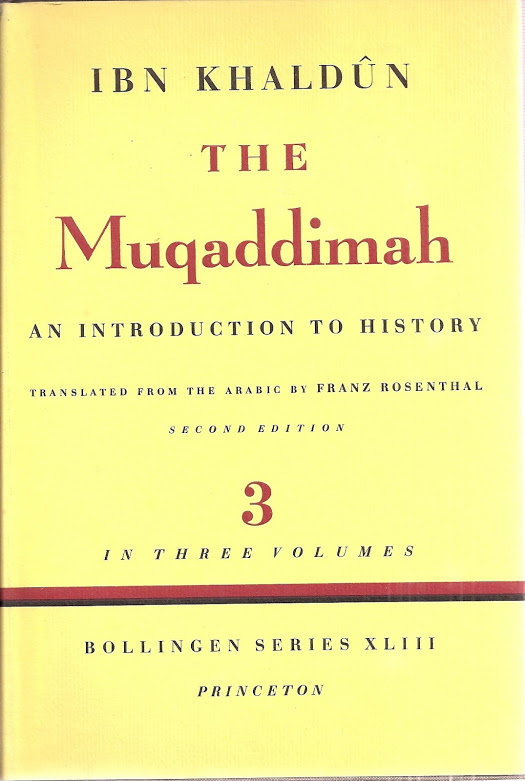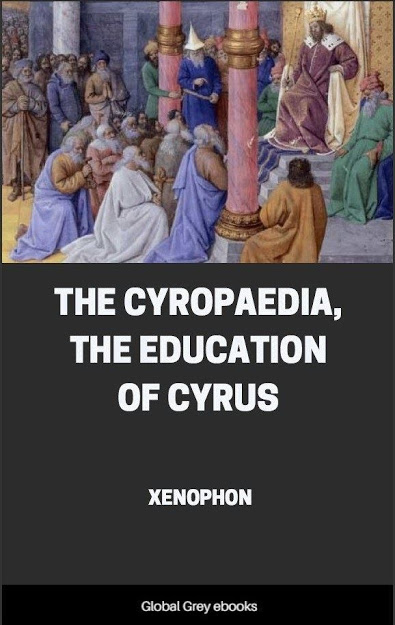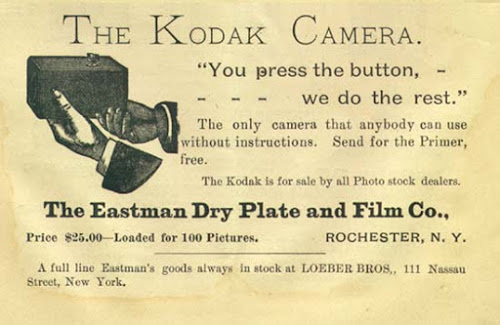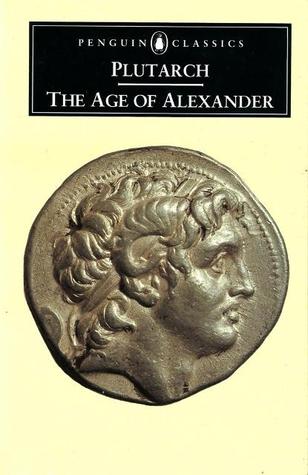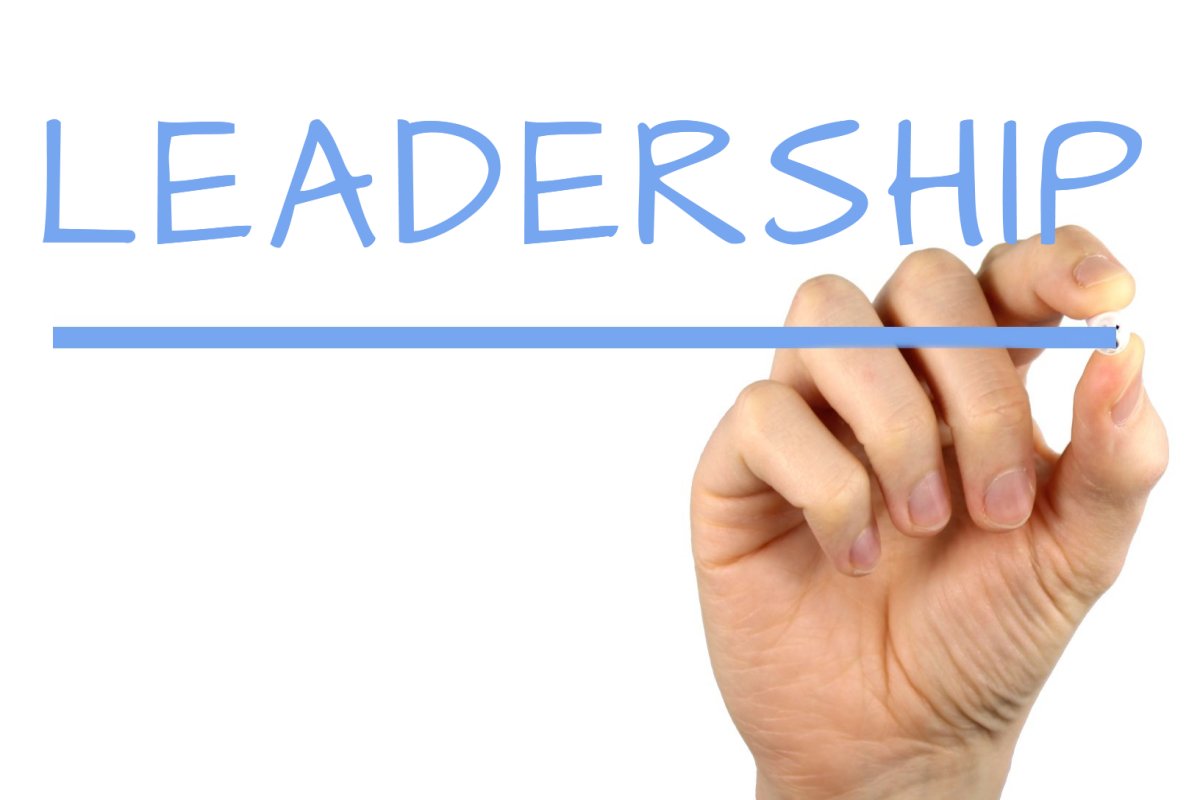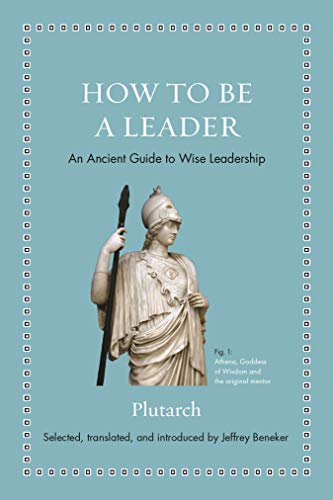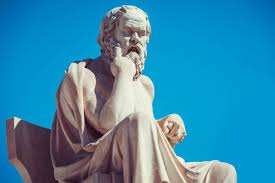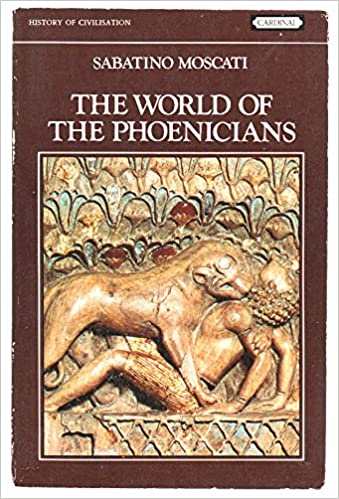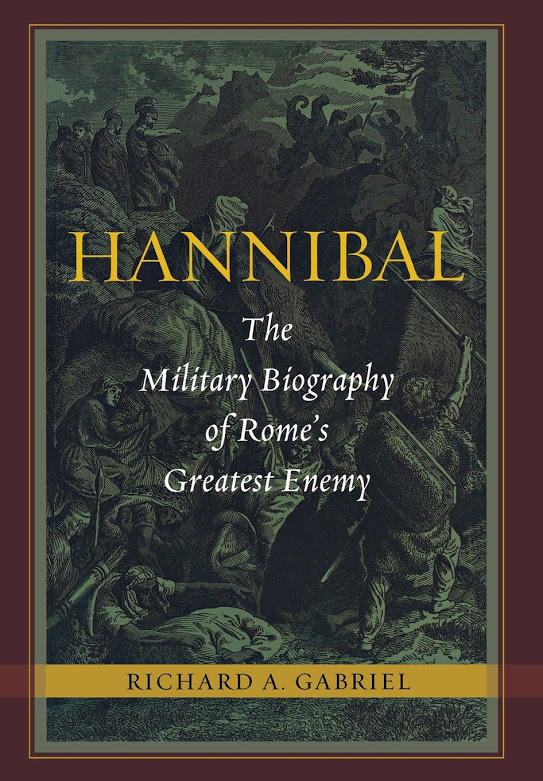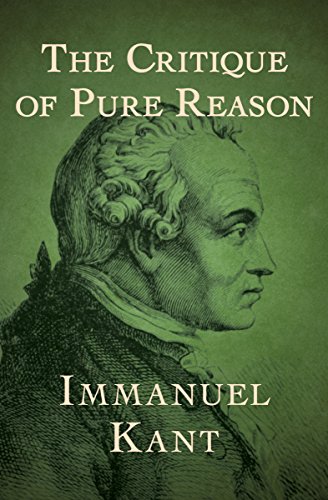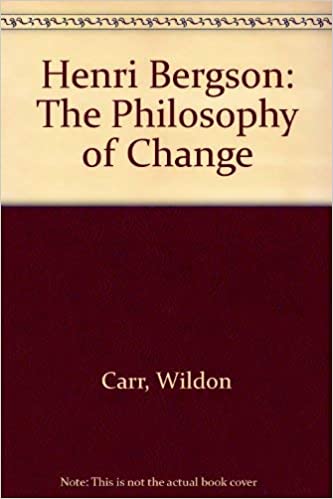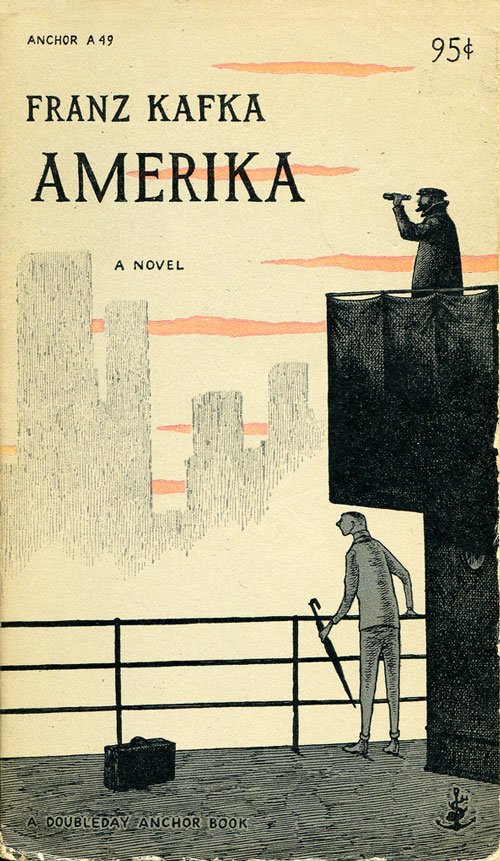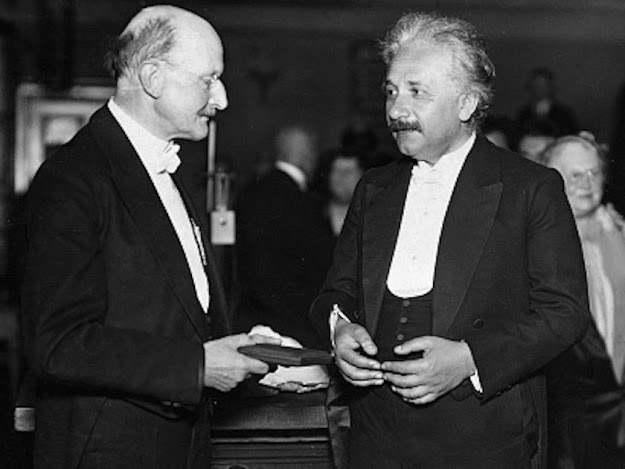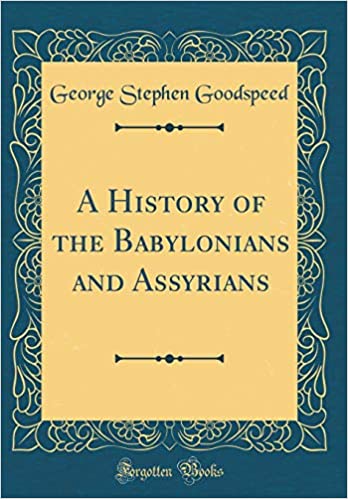Introduction To The Book
This book is born out of the Munk Debates which is hosted annually by the Aurea Foundation, a Canadian charity, established by the late Peter Munk (1927-2018) and Melanie Munk. If we see then generally the Munk debates are concentrated on the geo-political, social, economic and technological issues of the day.
But this book which I am reviewing today for the first time brought the philosophical quotient into the Munk debates. The debate on the topic of “Do Humankind’s Best Days Lie Ahead ?” has been converted into the form of a book with the same name. The contributors are Steven Pinker, Matt Ridley, Alain Botton and Malcolm Gladwell.
What is The Book All About ?
This book tries to delve into the perennial question of the future of humanity through the philosophical lens. Obviously in a debate there would be people in favour and against the topic of debate and in the book it is the same. Prior to the debate there was a poll conducted by the organisers from the audience on the debate topic of Do Humankind’s Best Days Lie Ahead ?.
Surprisingly 71 % of the audience voted for the motion and 29 % disagreed that Humankind’s Best Days Lie Ahead. The organisers asked the audience that after hearing the debate are you willing to change your opinion about the topic ?
Again surprisingly 91 % said that they would change their vote based on the debate they listened to and only 9 % said that they wouldn't change their earlier stand.
Thus it seems clear that the topic being philosophical there would definitely be new thinkings based on the debates and people are more likely to take different stands after the debate. The same would be the case with the readers of this book and this is the biggest beauty of this book.
The Most Important Aspect
The most interesting aspect of the book is about its multi dimensional views. The reader is not forced to tread the beaten track selected by the author but has the liberty to read the contrarian opinions also. This provides the readers to paint on a vast canvas based on their thoughts and analysis. The reader gets to read innumerable for and against examples to support or dispel the topic at hand.
To me the biggest takeaway from the book is that it has power to change your preconceived notions. After reading the book the readers may themselves change their own views. An optimist may become a pessimist and vice versa.
The power is in the reader's hand only and not with the author. Another great aspect of the book is that if you read again and again you can continue to realign your positions on the topics. This book gives you that much freedom. This book lets you think rather than just accept the author's line of thinking.
Moments From The Book
There are interesting quotes by the authors based on their position on the topic of debate. One author who speaks in favour of the topic has this to say in his opening statement that “ Journalists report plane crashes, not planes that take off. As long ass bad things haven't vanished from the earth altogether, there will •always be enough of them to fill the news. And people will believe, as they have for centuries, that the world is falling apart”.
The other author who disagrees with the topic feels that “ Now, someone may say that with machines, technology, the Internet, and the iPhone we will, perhaps, gather together and produce a creature who is perfectly wise, perfectly kind, and immortal. Maybe we will, but this person is not a human being. Homo sapiens are a different species. We will never be able to evolve out of these roadblocks that I've been describing to you. I believe that at the top of our spinal cords we have what I like to call a faulty walnut. A walnut mind that has very destructive impulses, and is immune to certain kinds of education, and that resists any attempt to help it in many situations”
There many such beautiful moments in the book where you get enamoured byu its straightforwardness and lively examples.
What I Feel About The Book
There are many such beautiful moments in the book where you get enamoured by its straightforwardness and lively examples. The book keeps you guessing which side to choose as the reasons and examples of each camp seems relevant and genuine. You actually have to think on your own to arrive at the conclusion. This is the most striking part of the book I may say.
But the book sometimes seems as if you are not reading it but viewing the debate on the television and this instantly takes away the joy of such indulgence. The book is straightforwardly obvious as you know that after the “ Yes” argument the obvious “ No” argument is coming. There is no mystery as to which speaker will take what position. That is already decided before the book begins.
Another thing that sometimes seems disturbing to me is that this book somehow wants you to belong to some camp...Either Yes or No. But since this is a debate turned into a book this aspect has merit but still sometimes it seems odd to me.
The Central Thesis of the Book
What I could fathom is that the main thesis of the book is to philosophically explore the different aspects of our life. Until unless we do not tackle the broader issues of humanity in a philosophical sense we may not get the right response. To do that humanity has to debate the most essential issues of the day so as to arrive at informed conclusions. The book subtly hints at people to debate various issues and take an informed stand on it.
The book also tells us that it is fine to change your opinions after listening to the other side of the debate. There is nothing wrong about it.
Further, to me, the book clearly states the basic premises of “Natural Justice” that always hear both sides before deciding and this aspect is sadly getting lost today. We are debating less and hearing the other side less. We feel that those who have numbers are right but this may not always be the case every time.
Finally...
I first read this book in 2018 but still I feel like visiting it for the simple pleasure of reading opposite opinions to what I may be feeling about the topic. I recommend that if you love reading more than watching television than go for the book.
It can set you thinking on your own and allow you to take your own positions on the matter. You can as well provide your own line of arguments to prove or disprove the topic. This is the greatest elasticity inherent in this book.

 Get a PDF Free Book
Get a PDF Free Book

